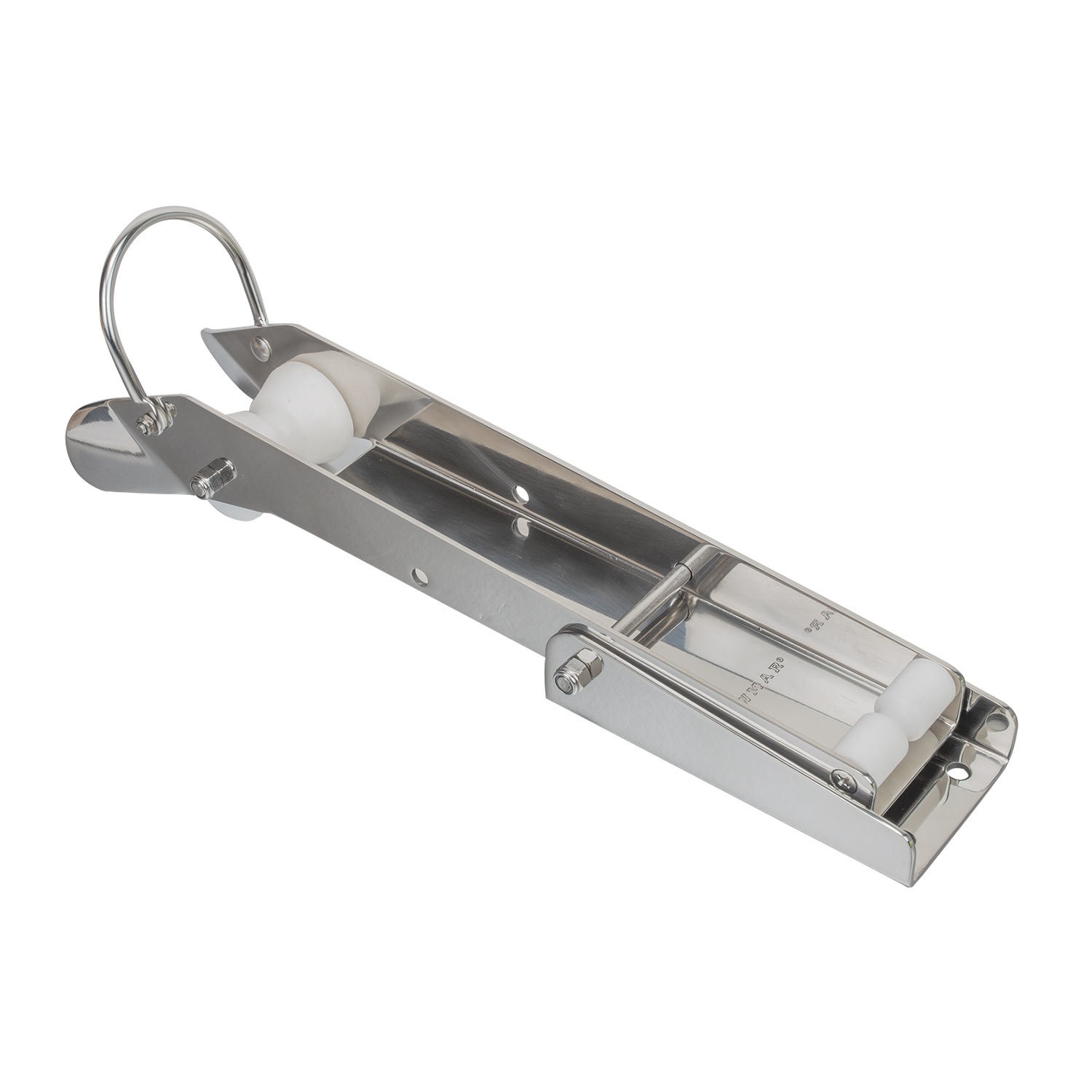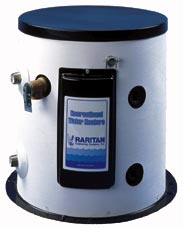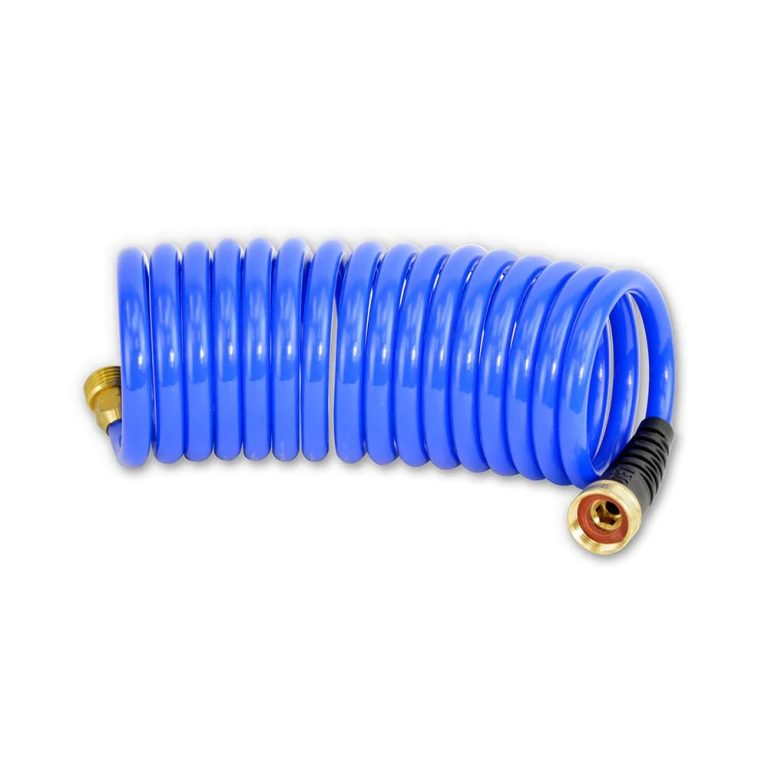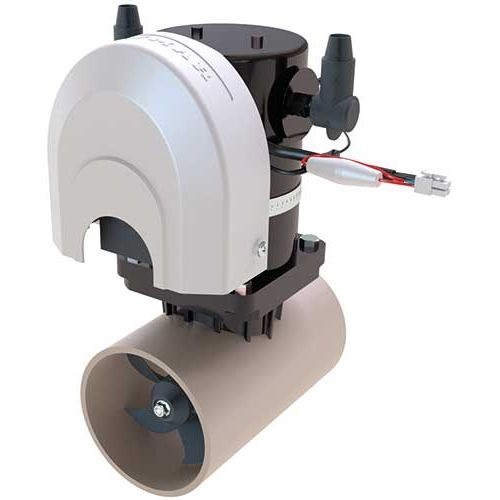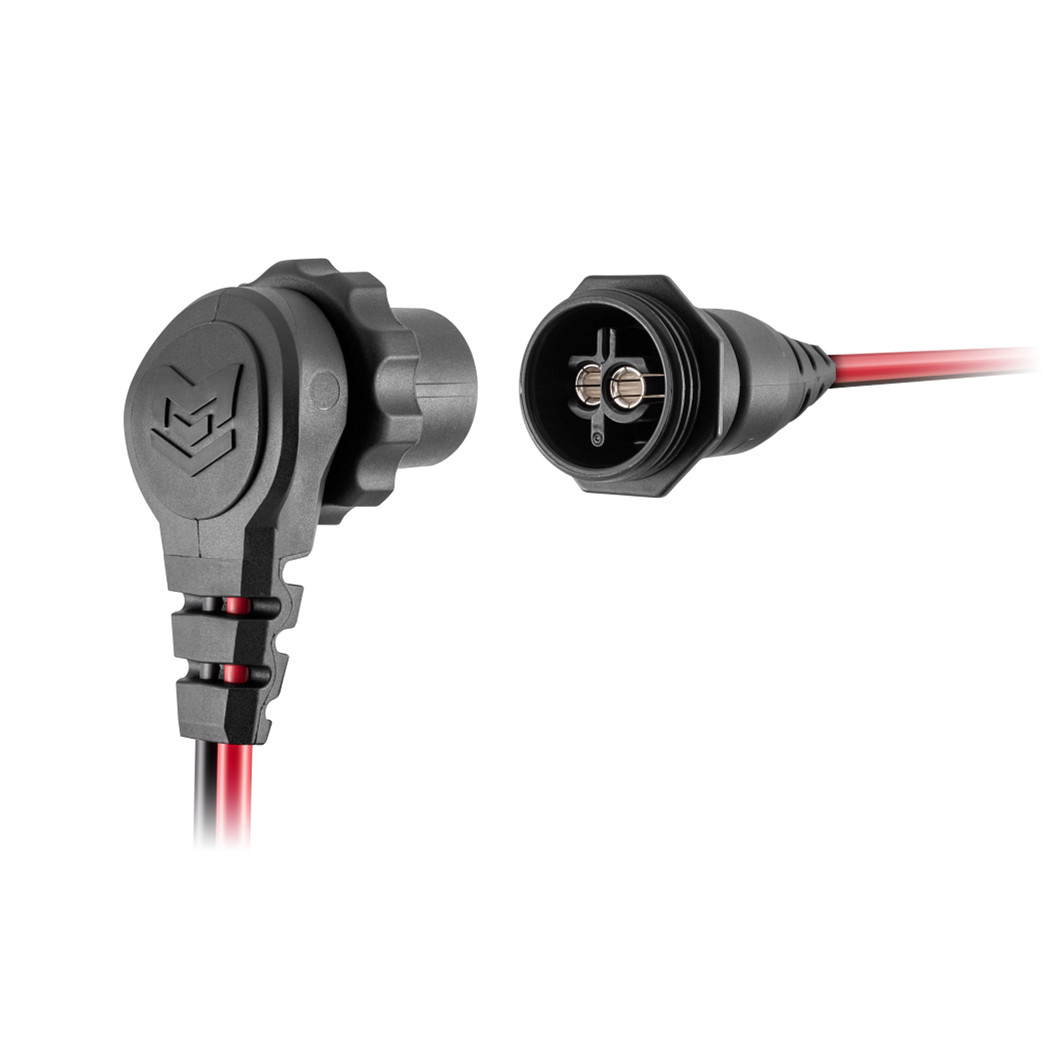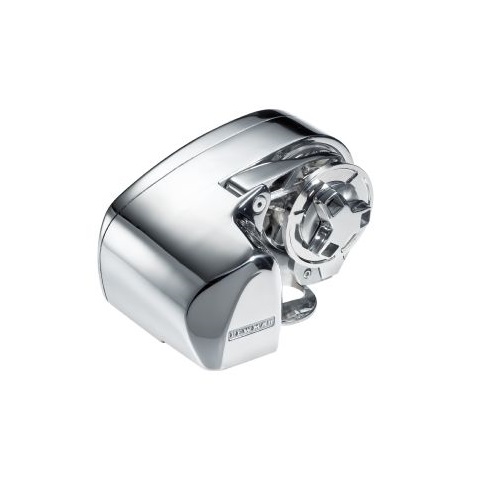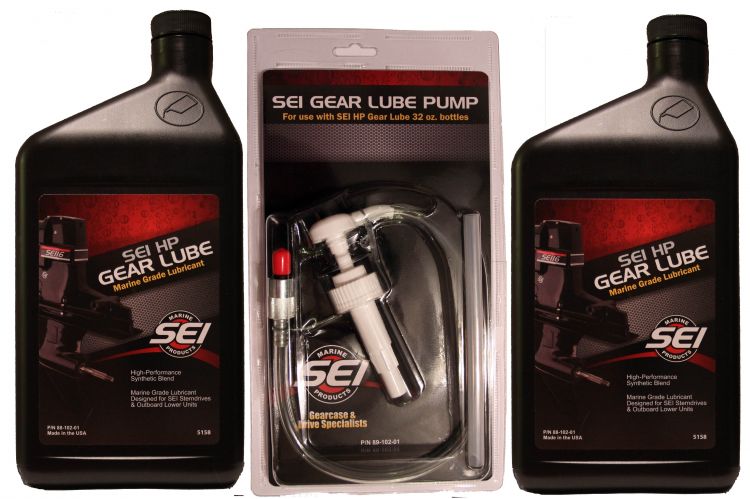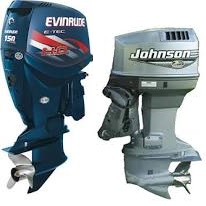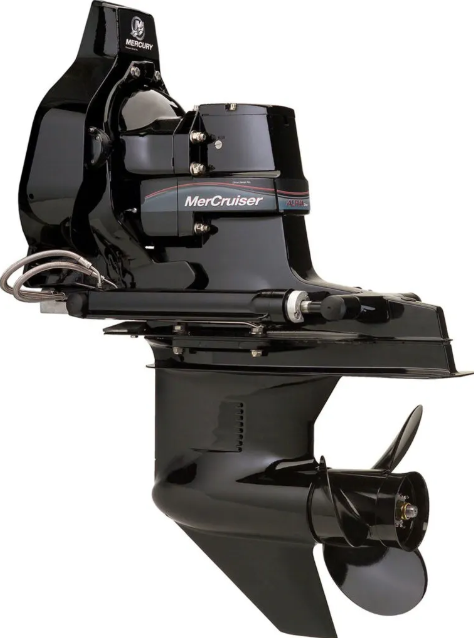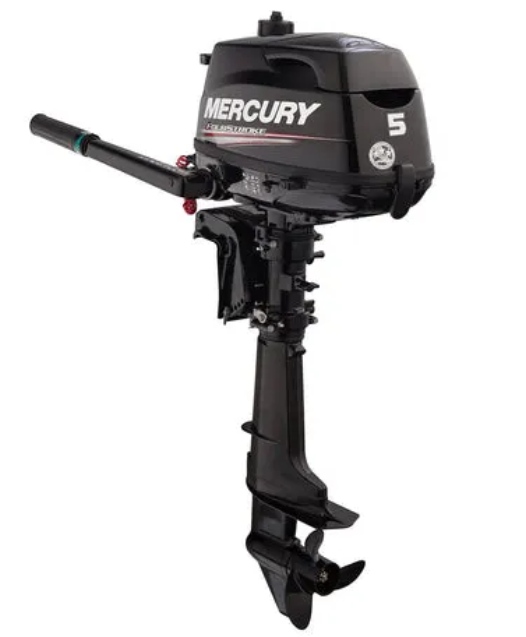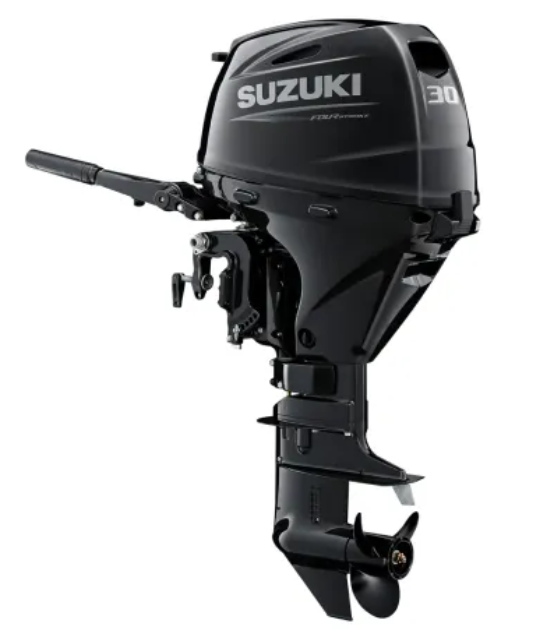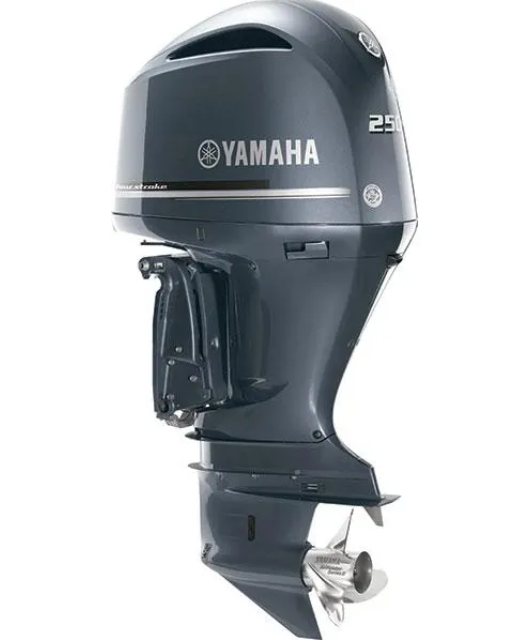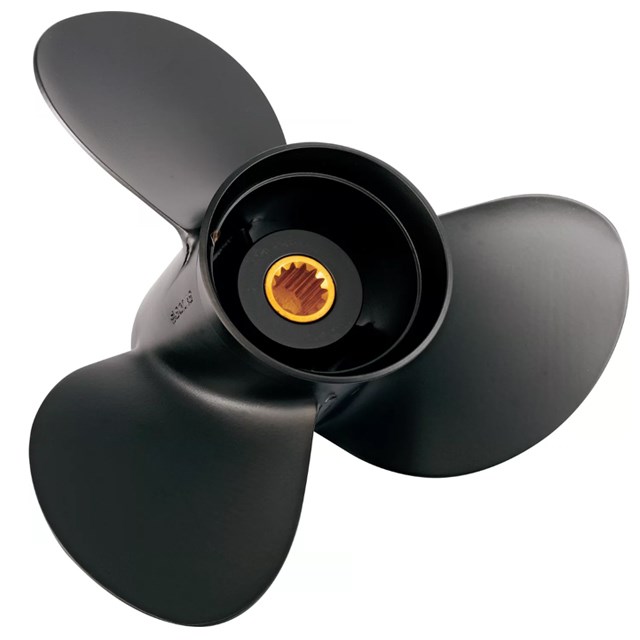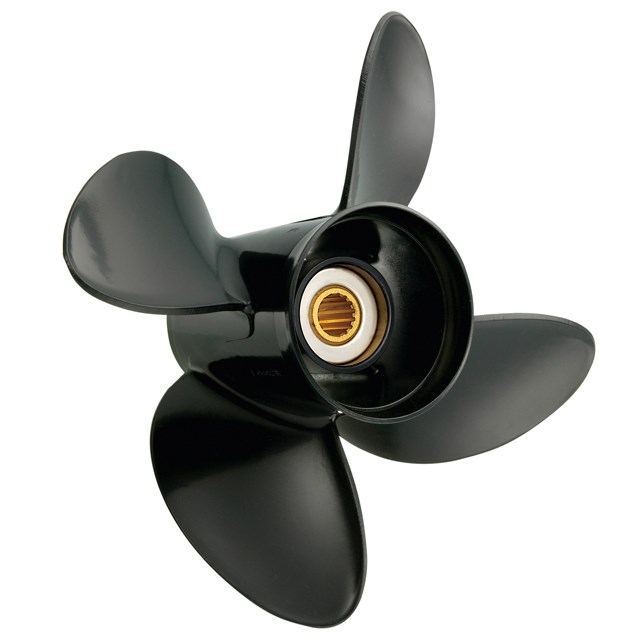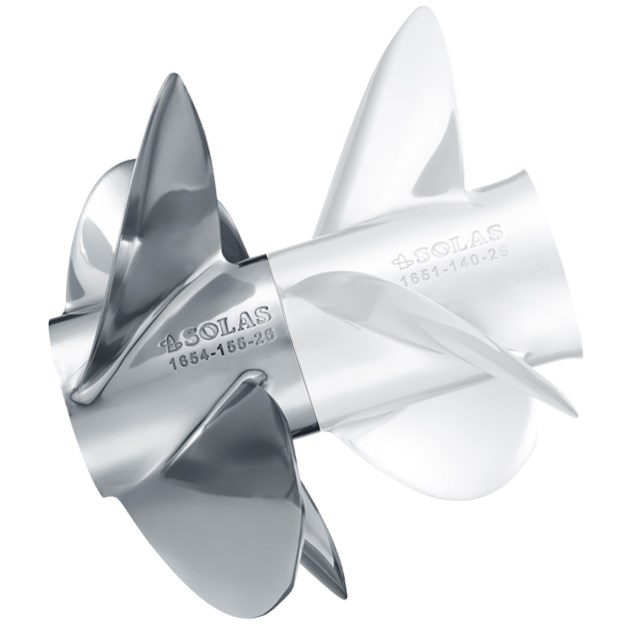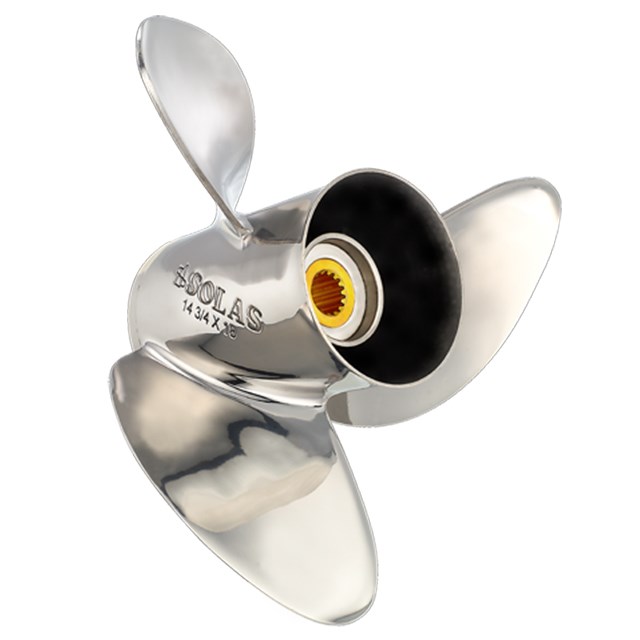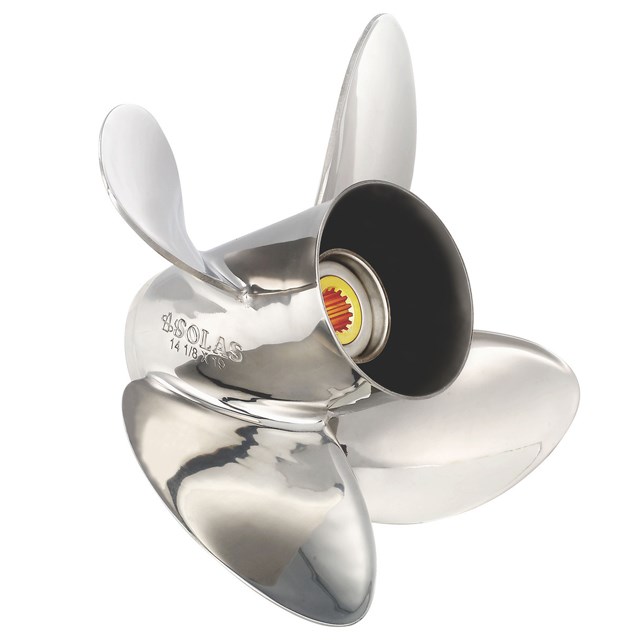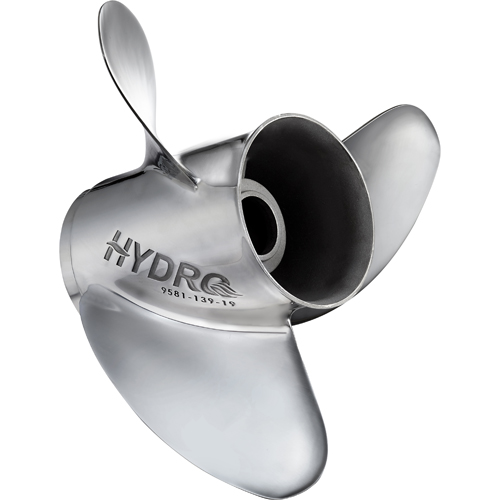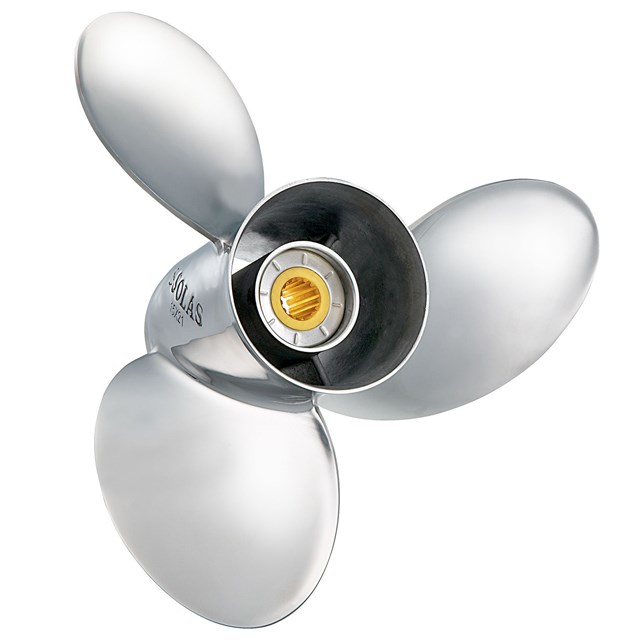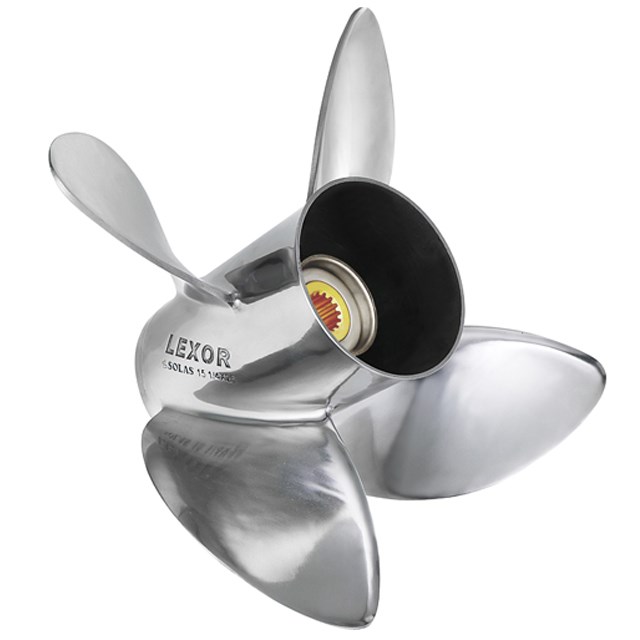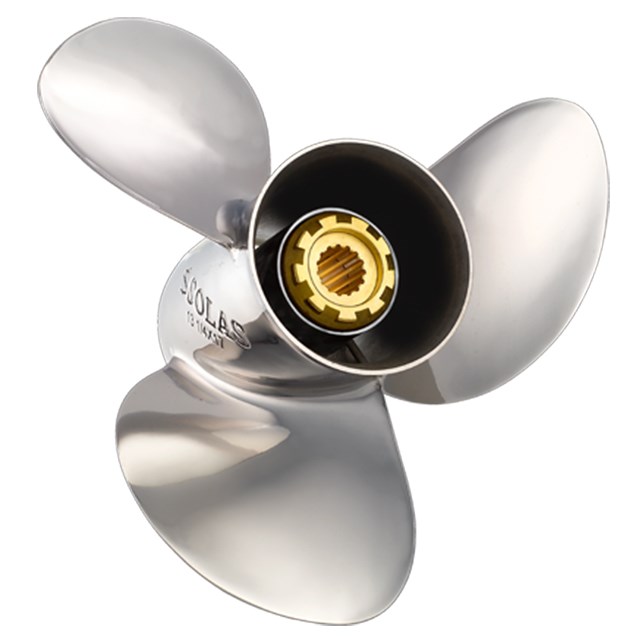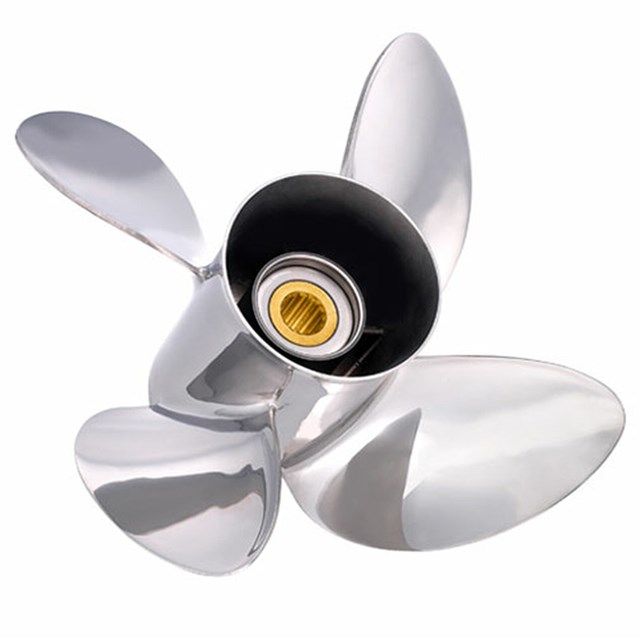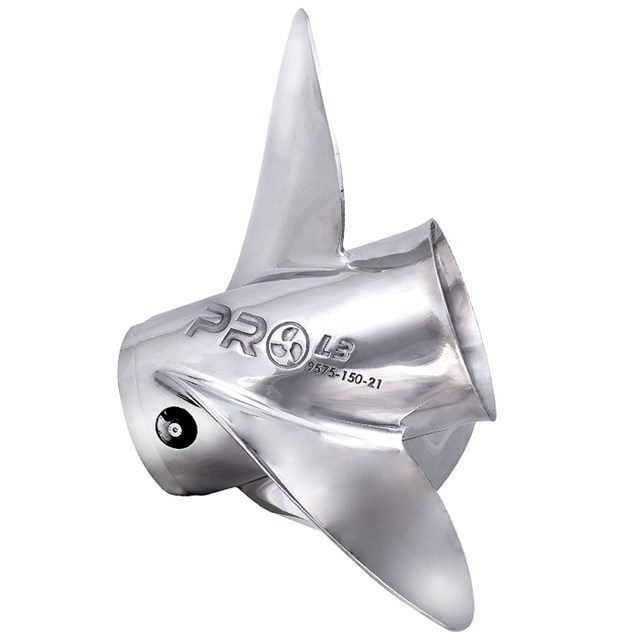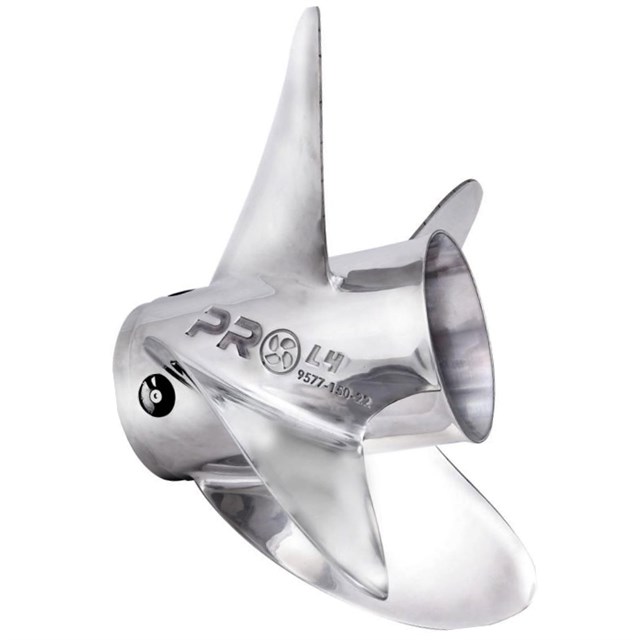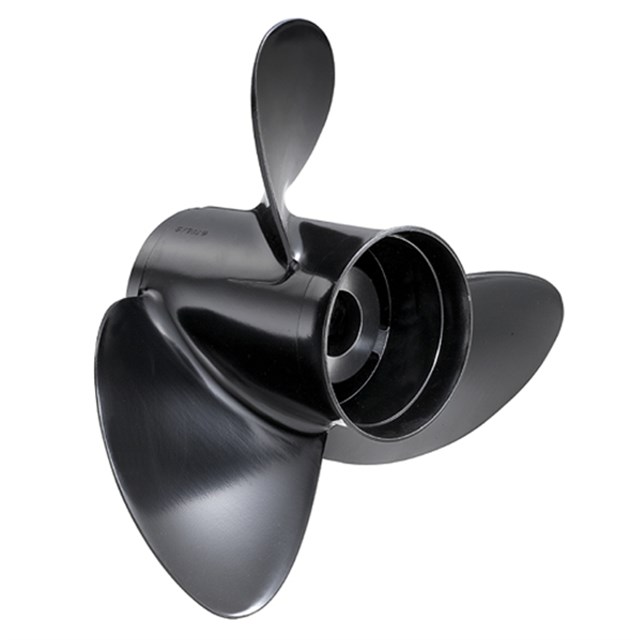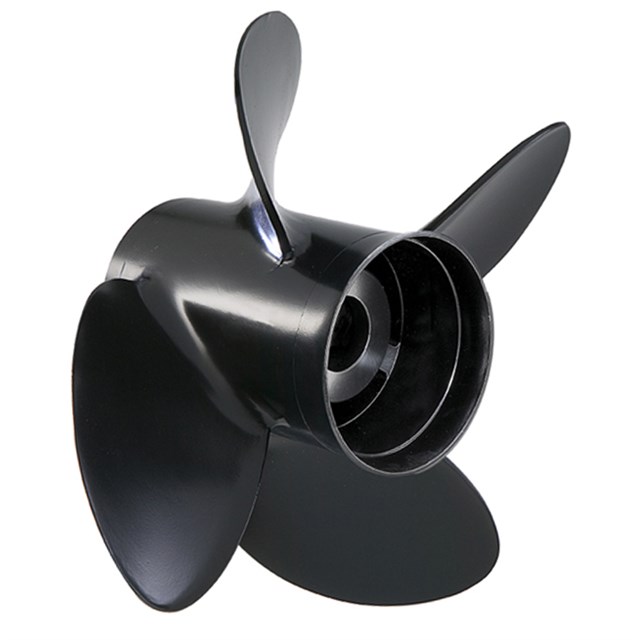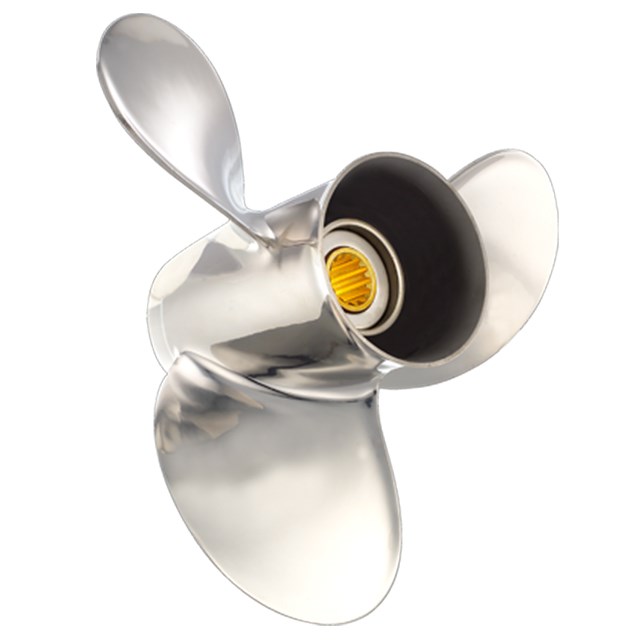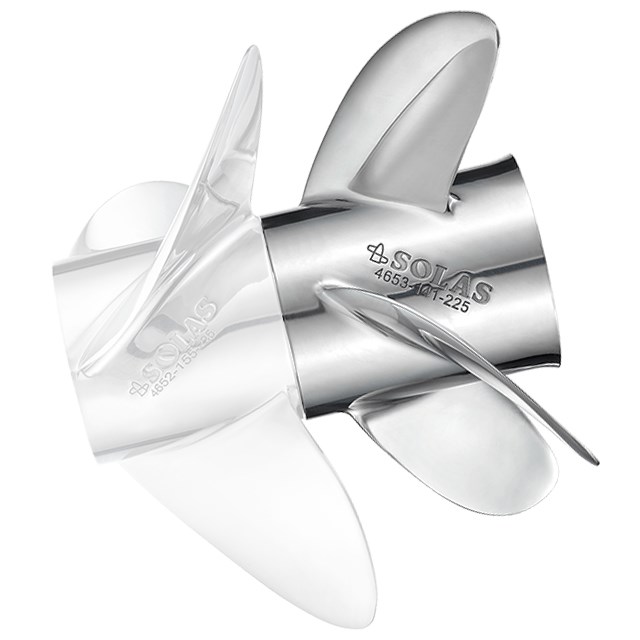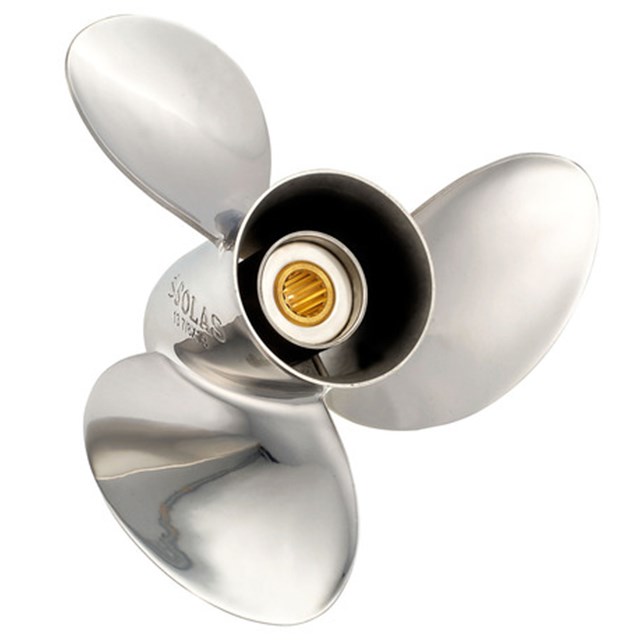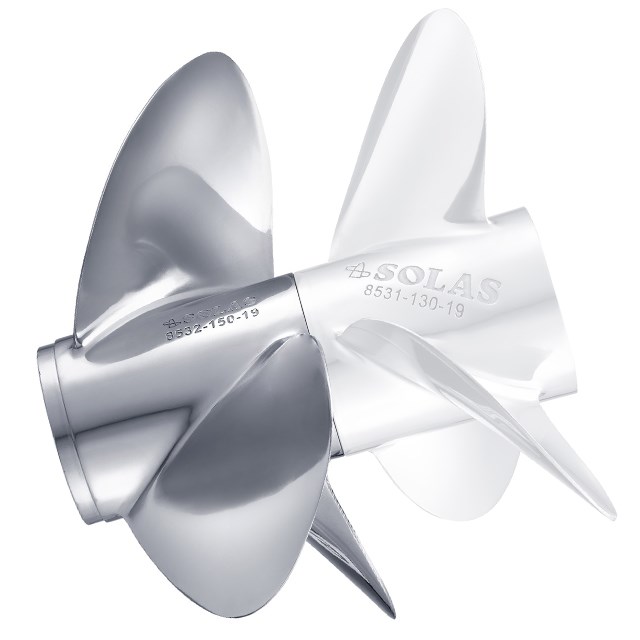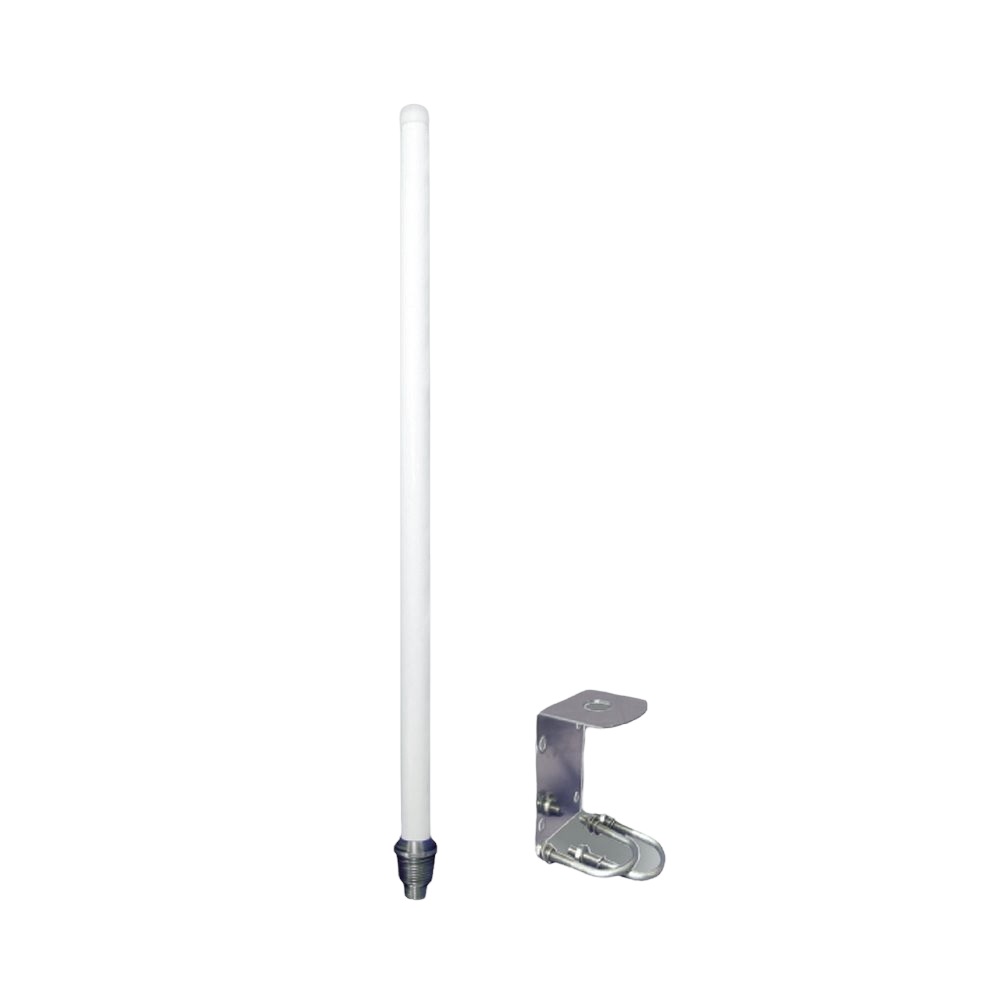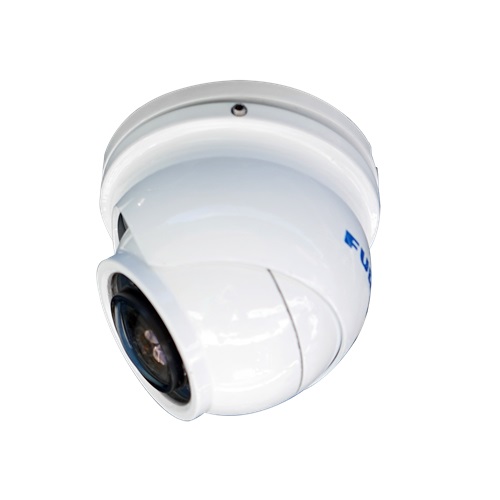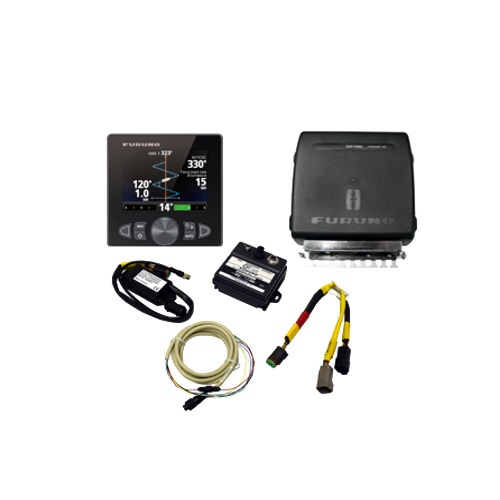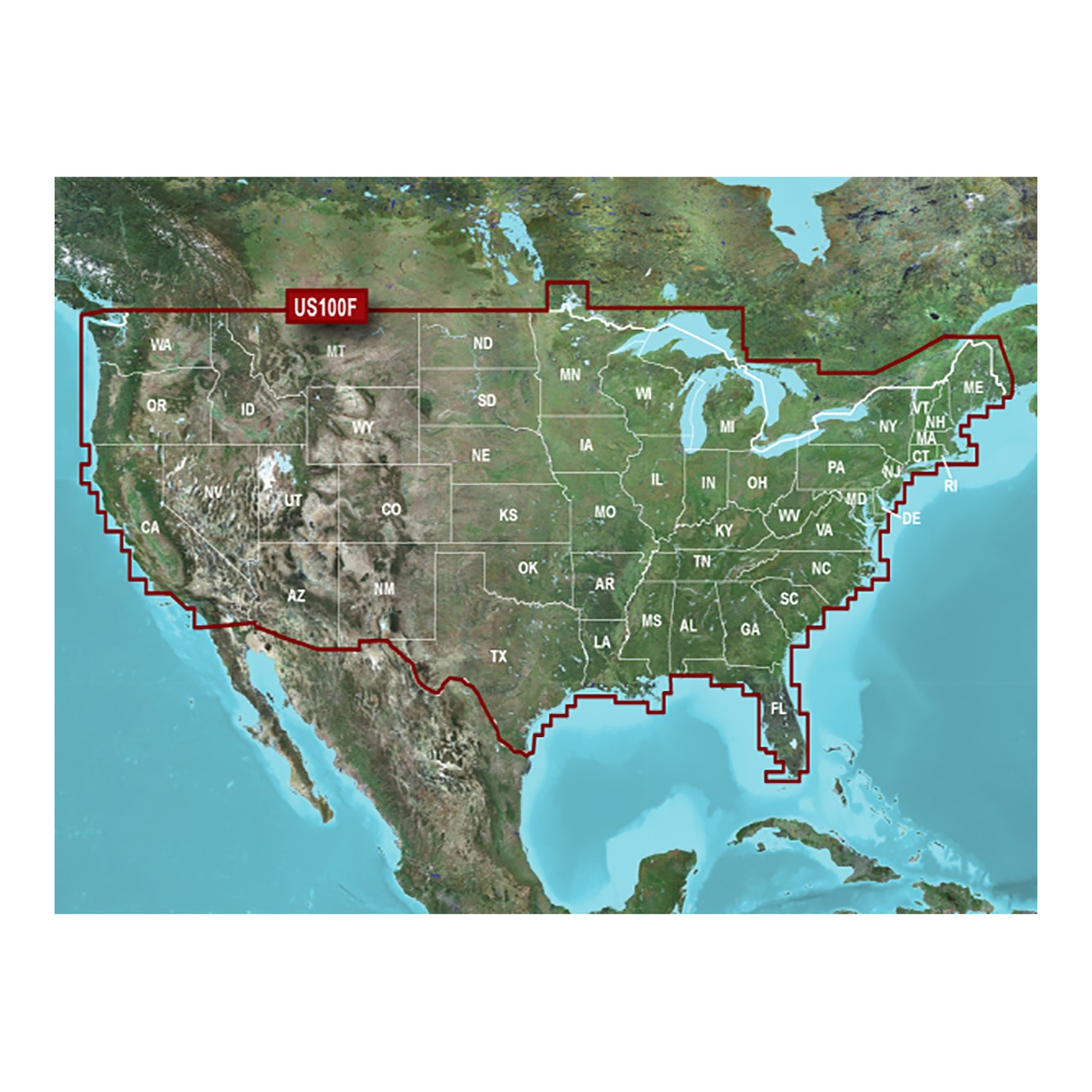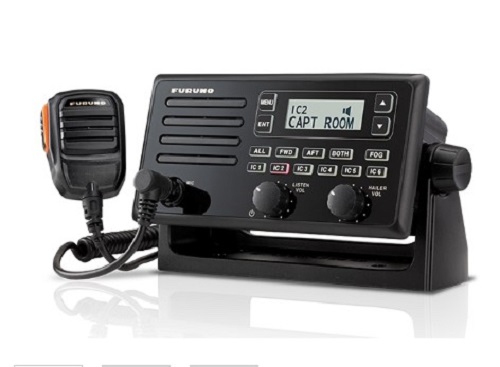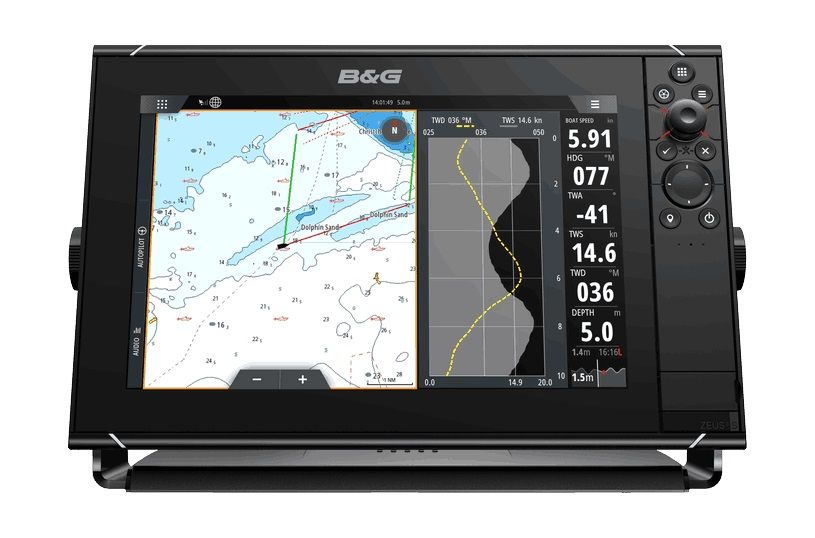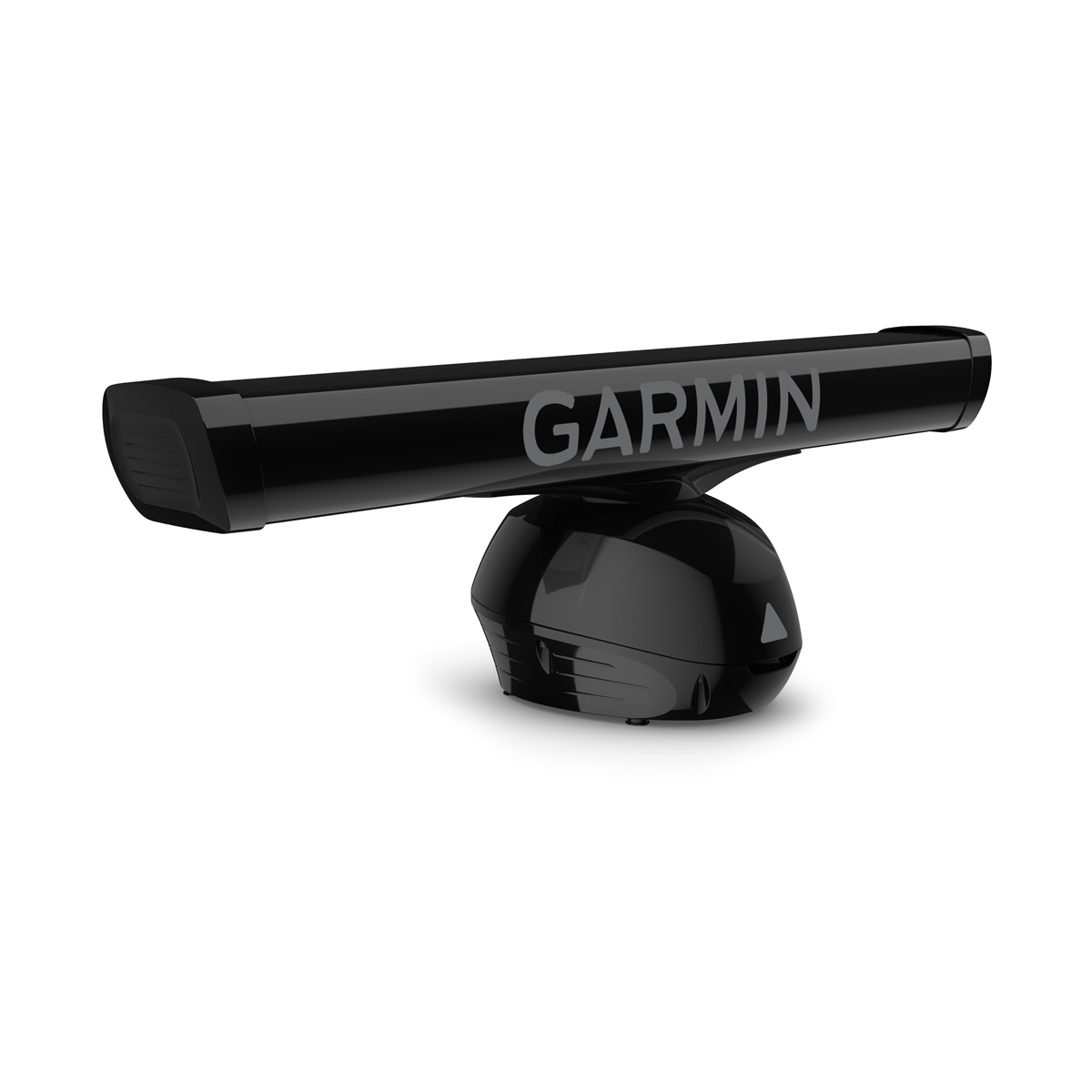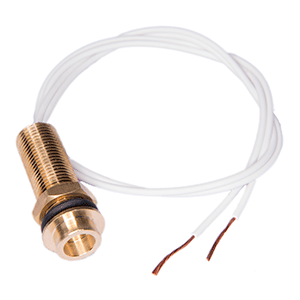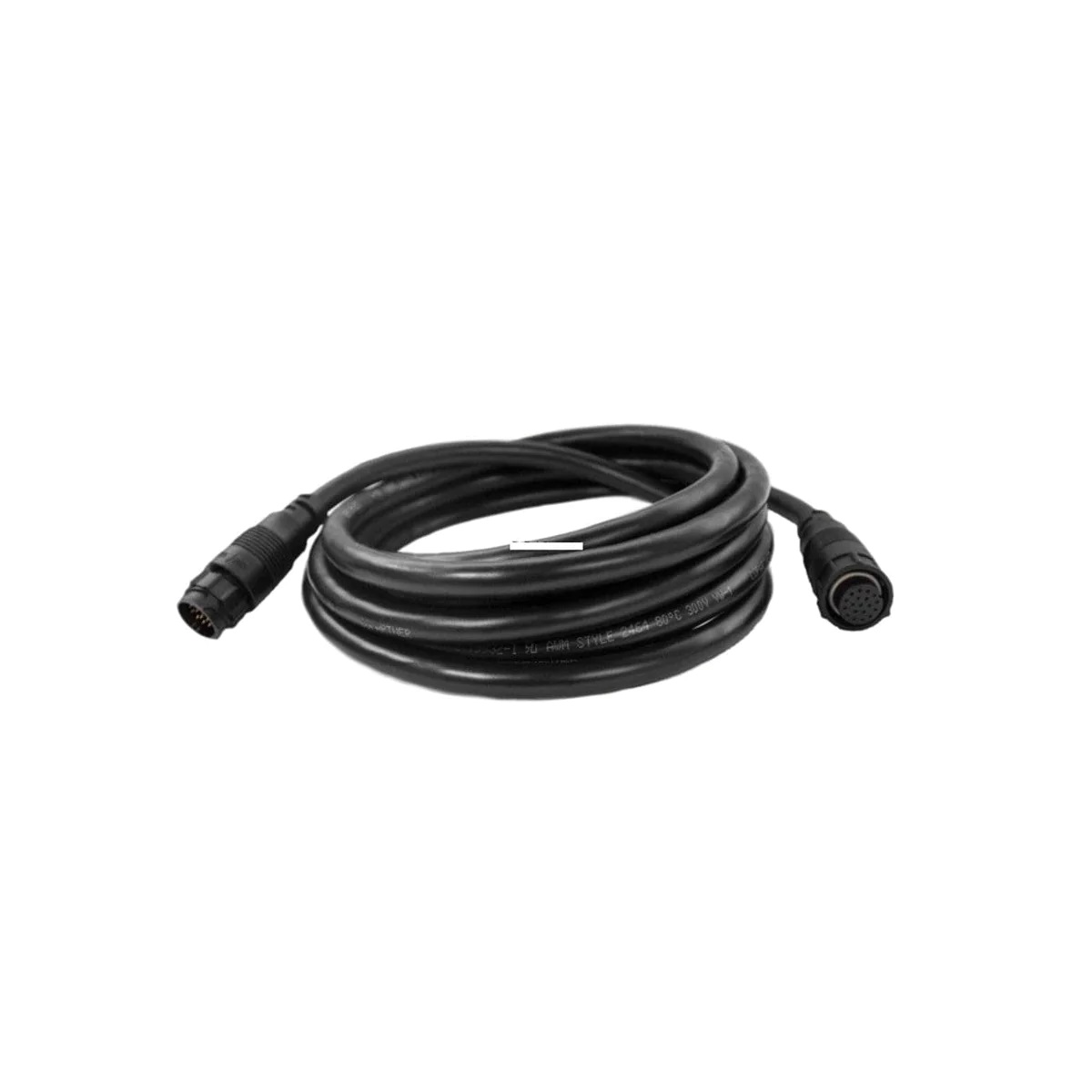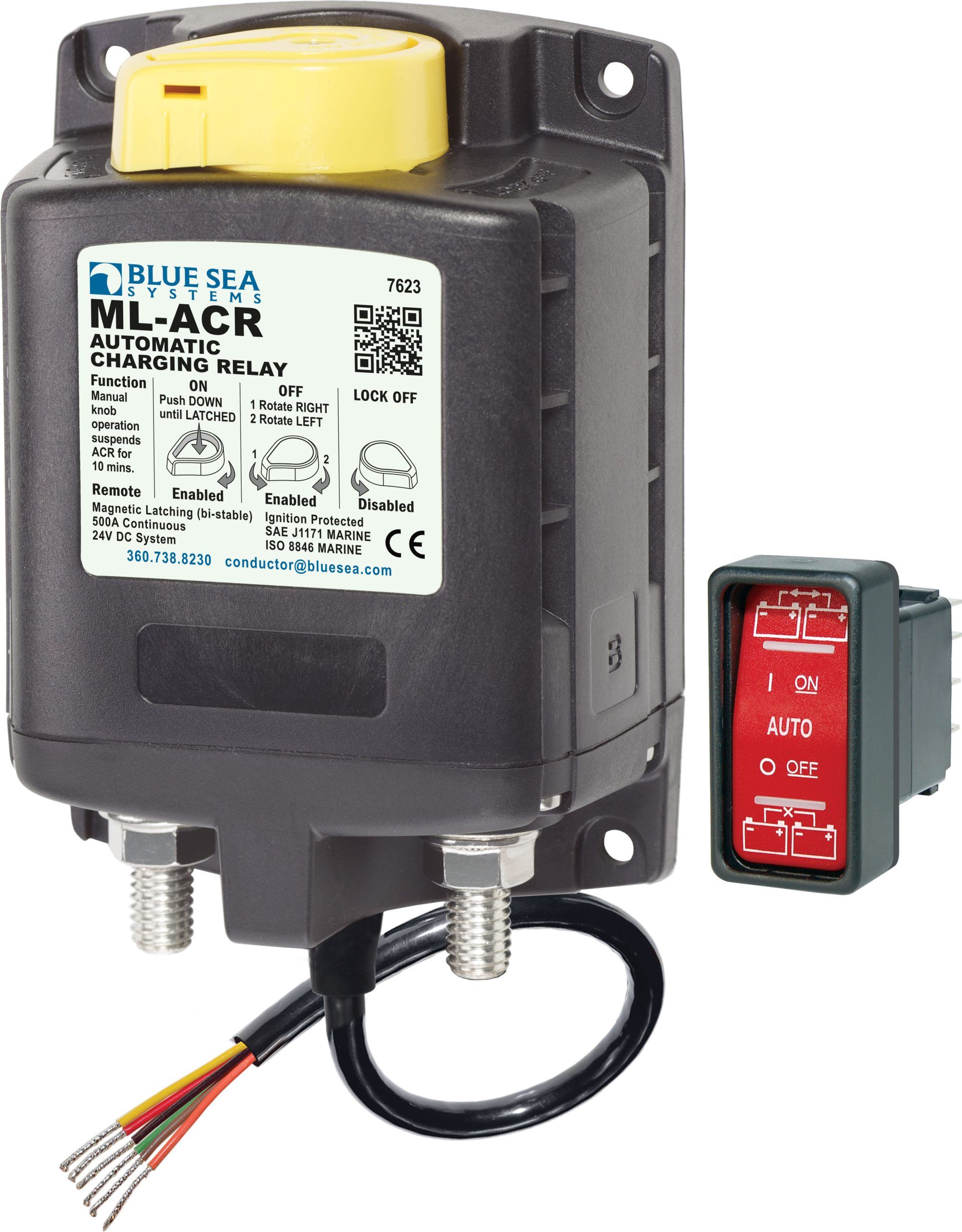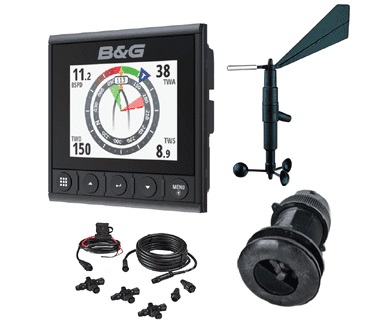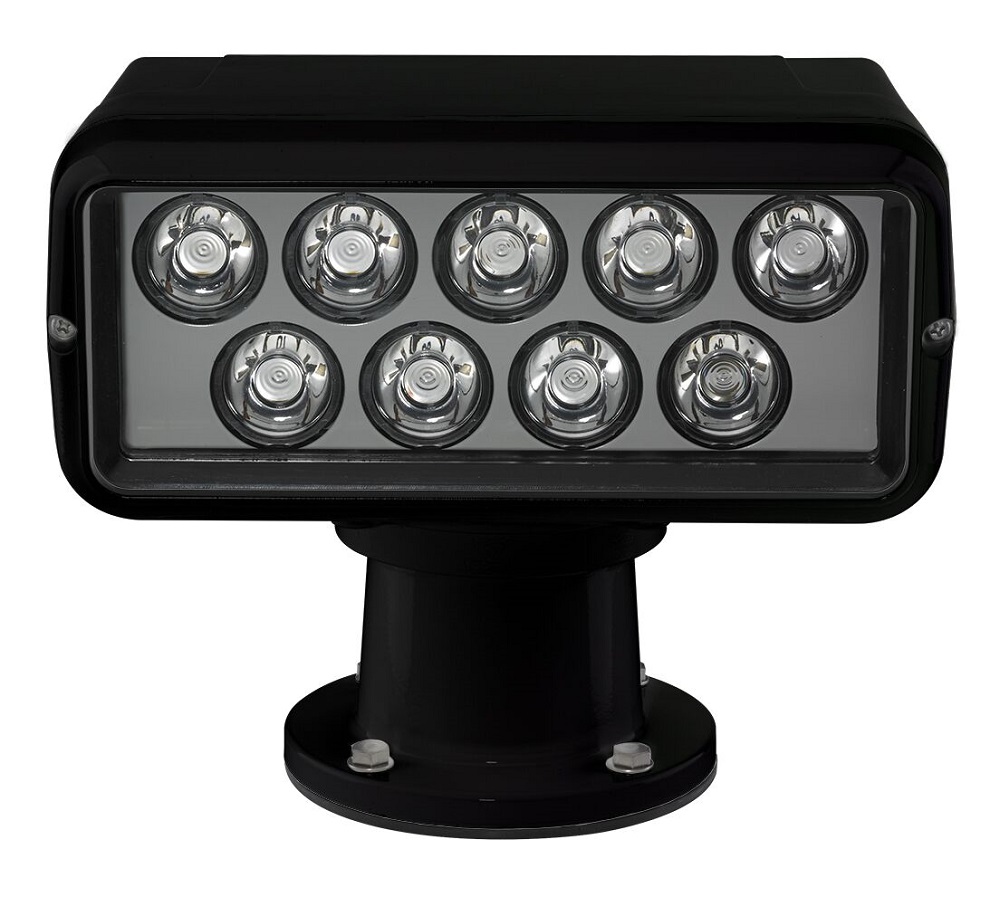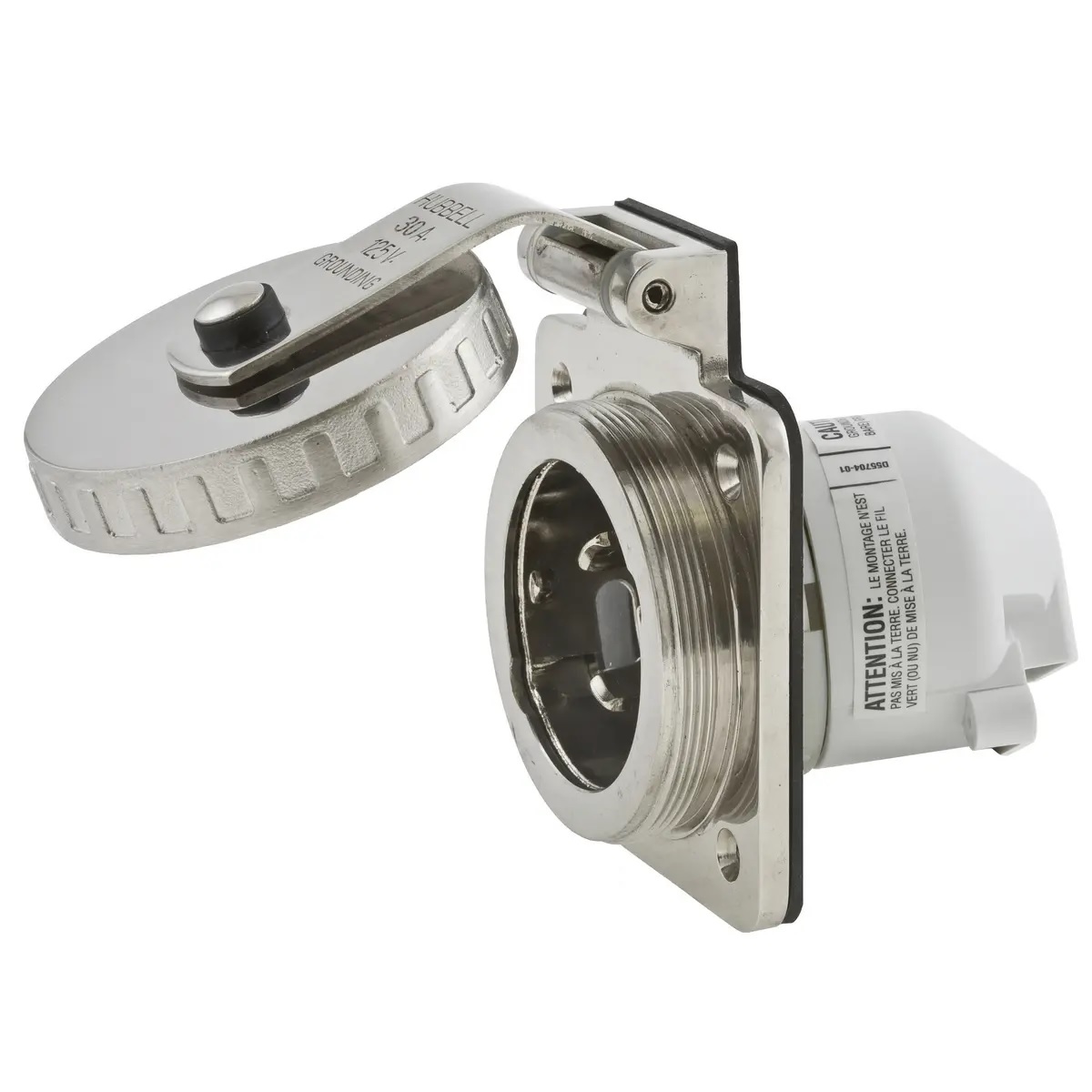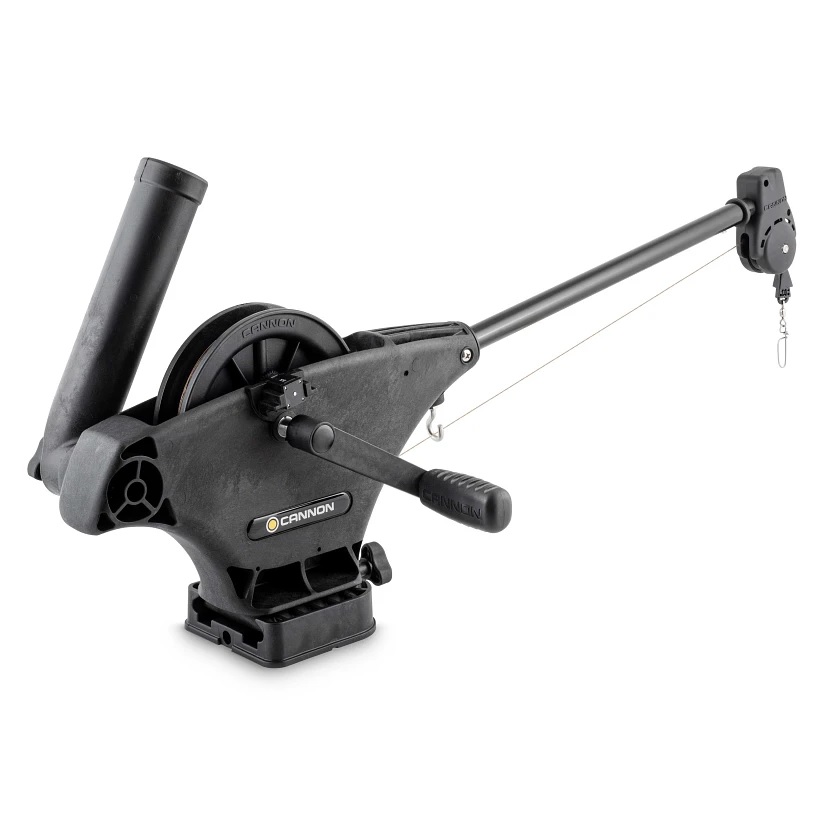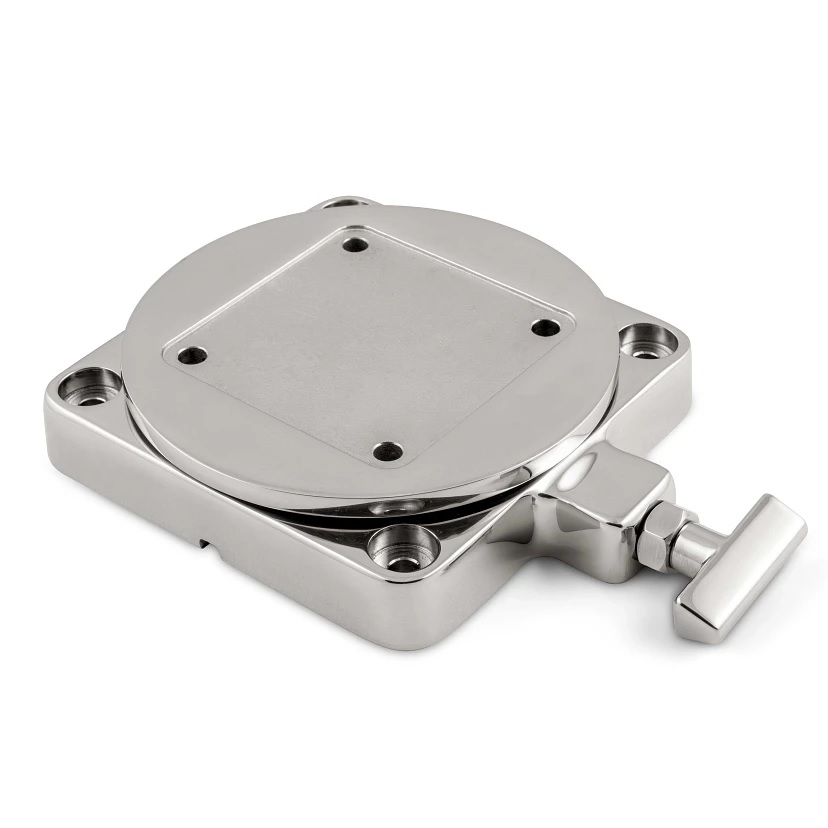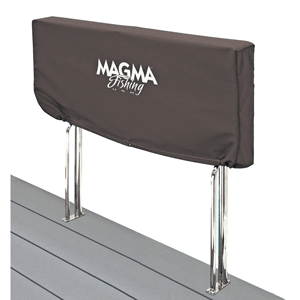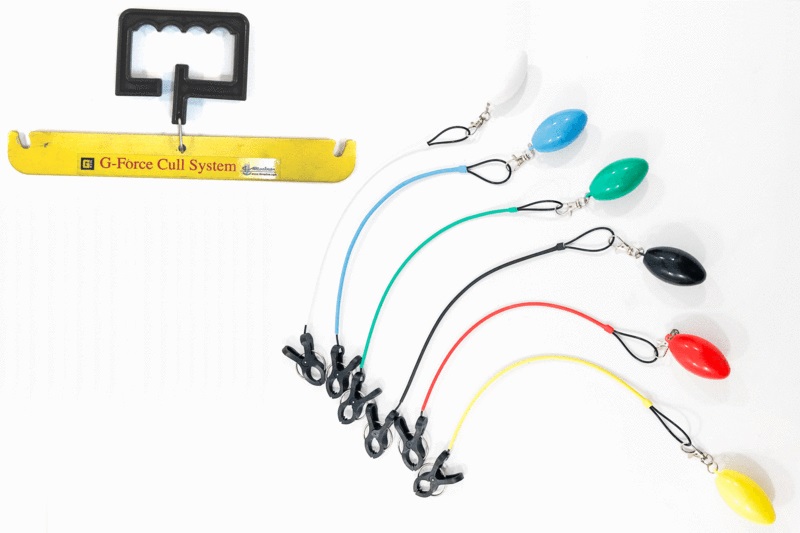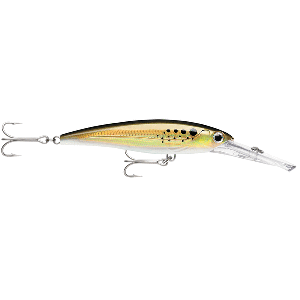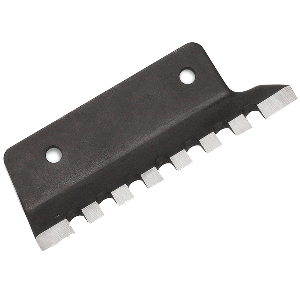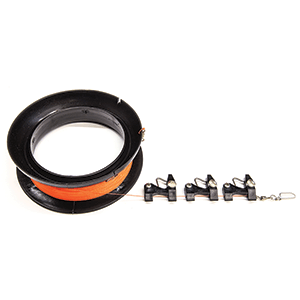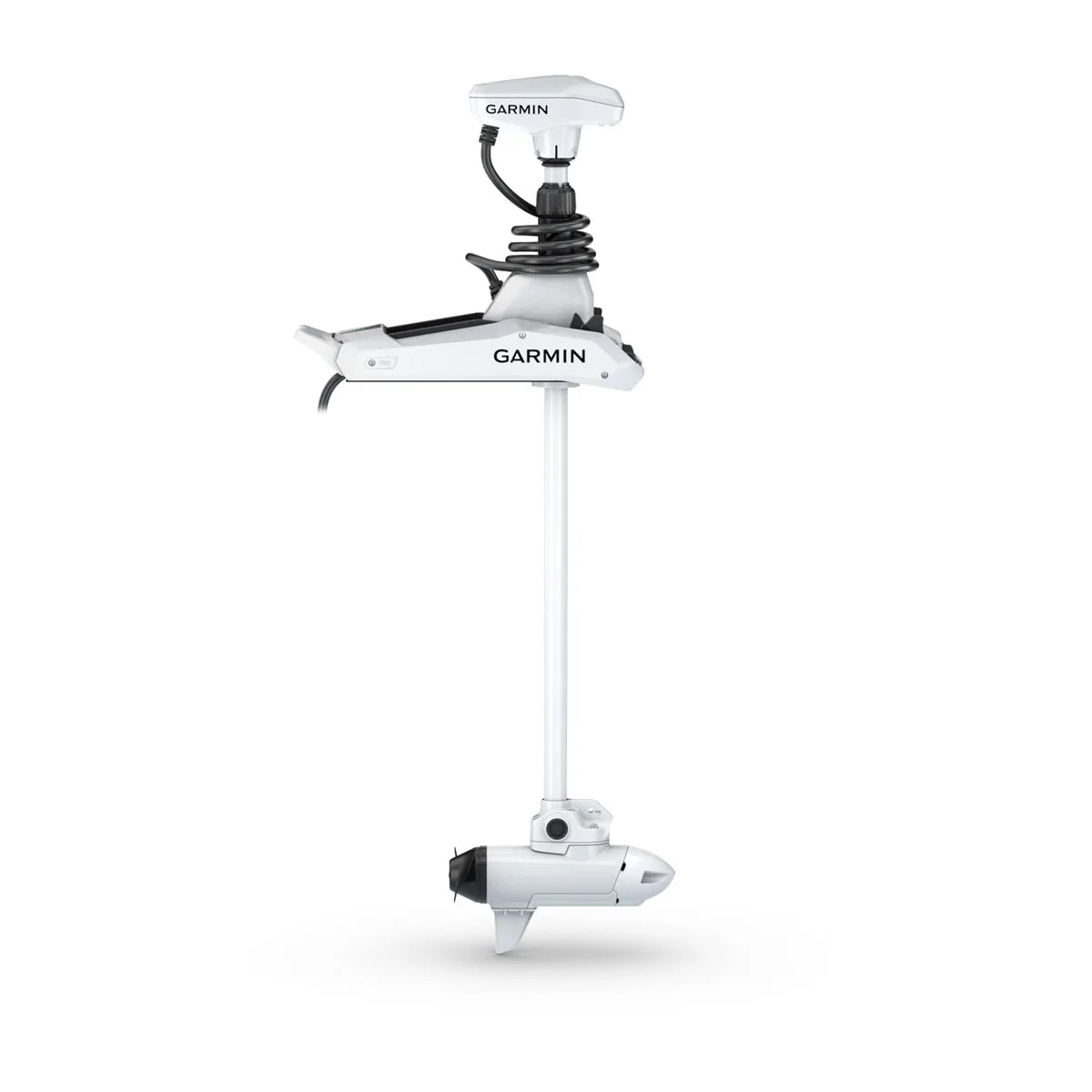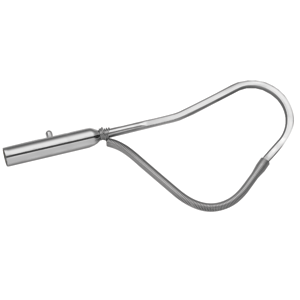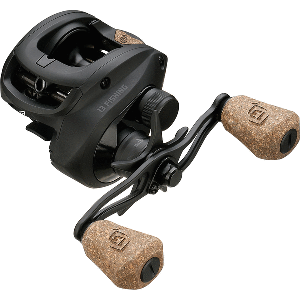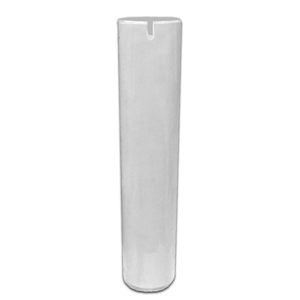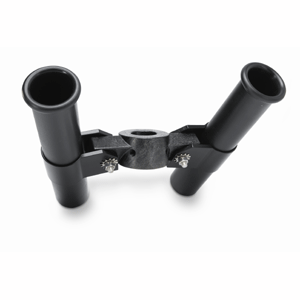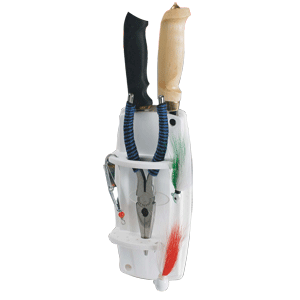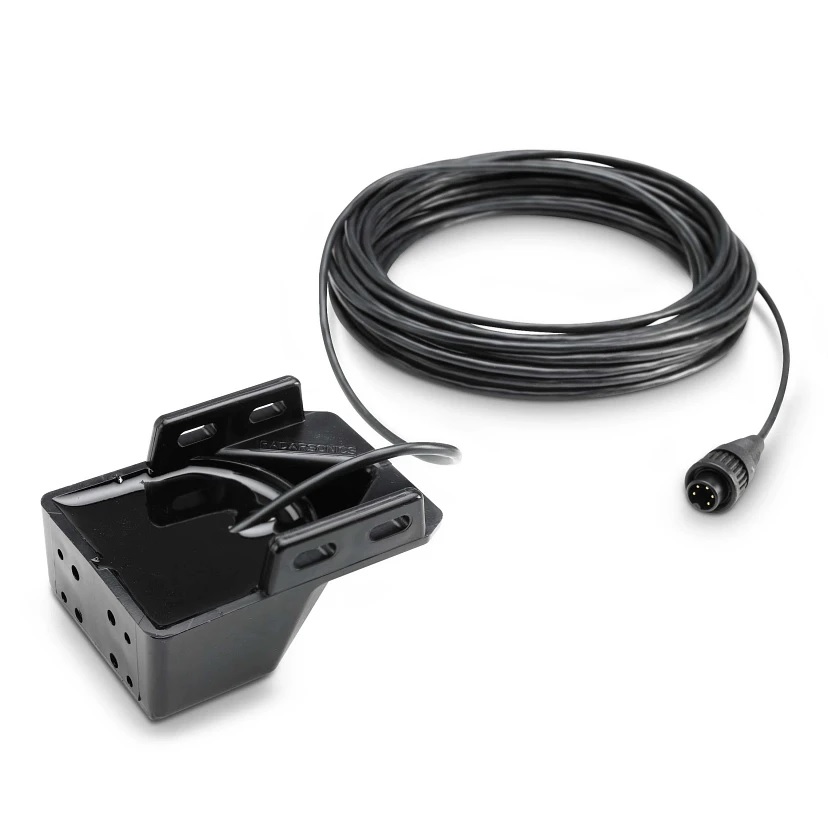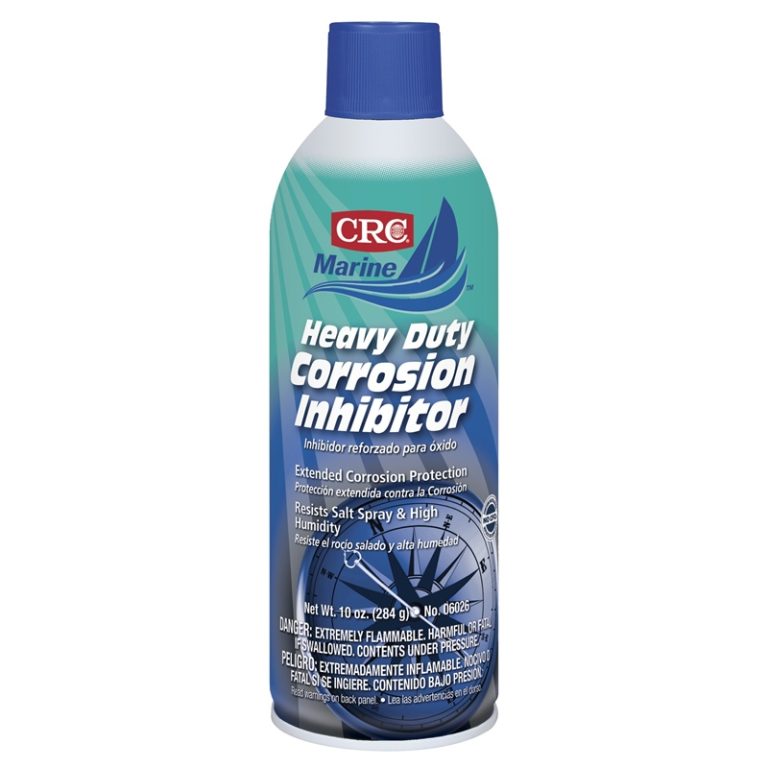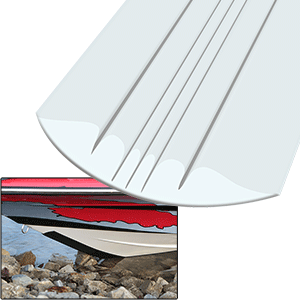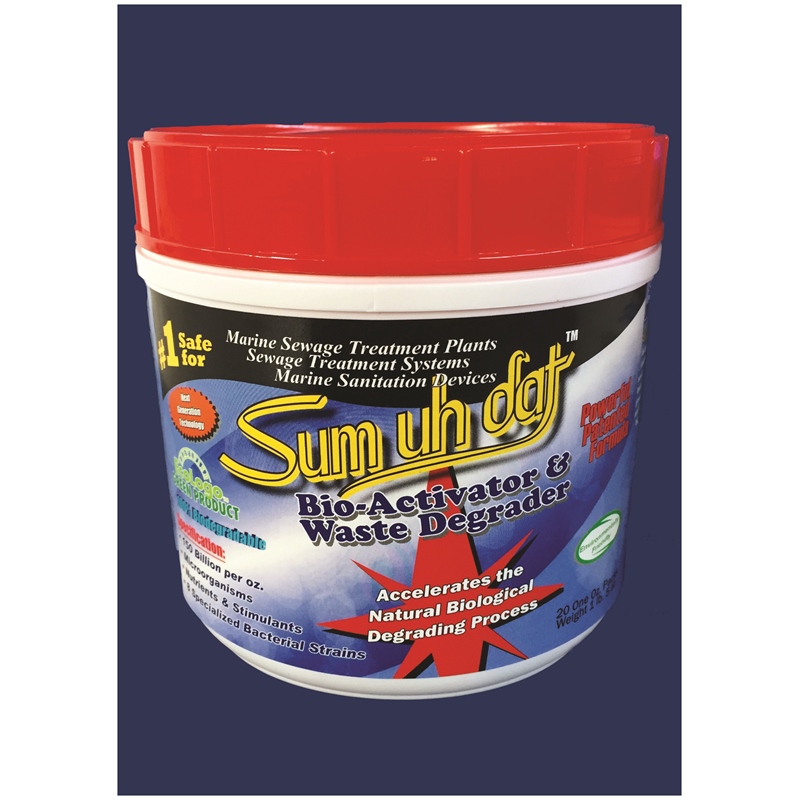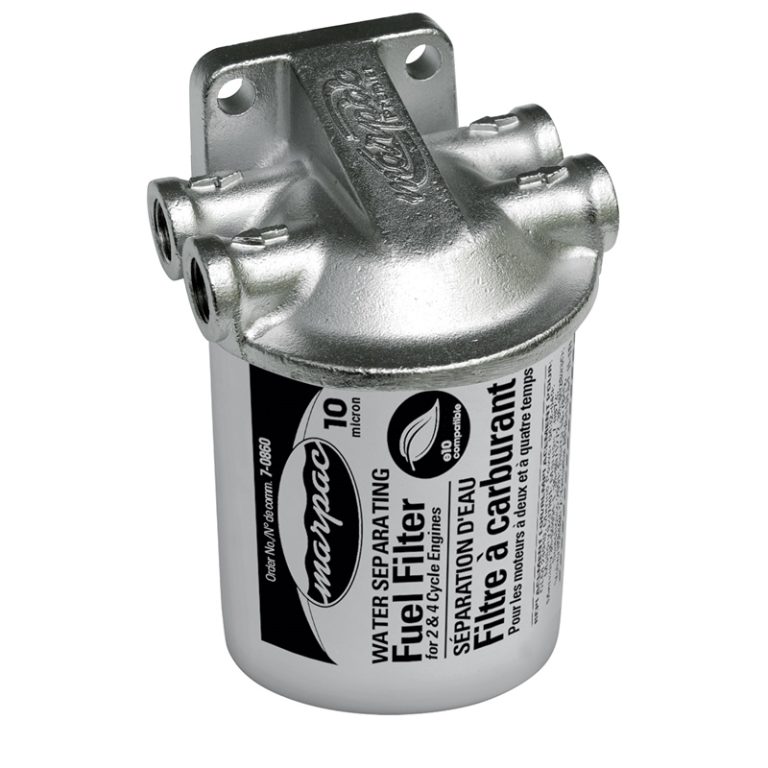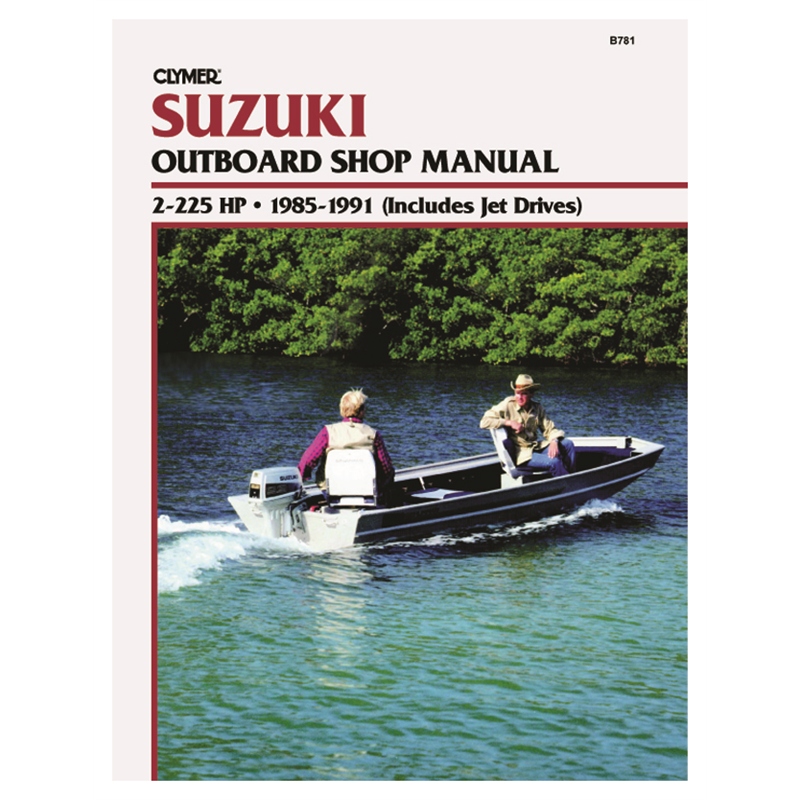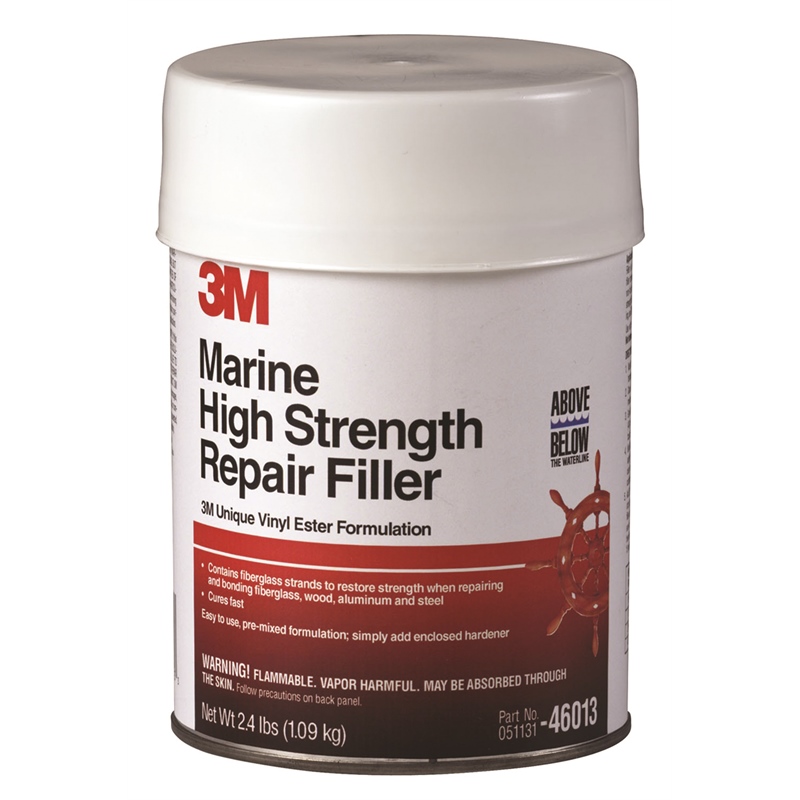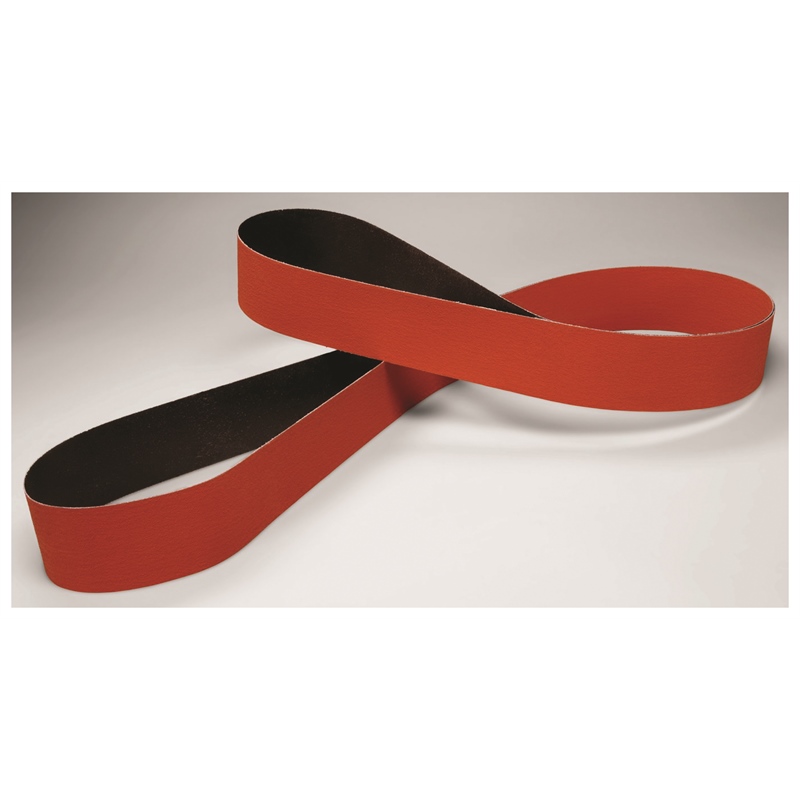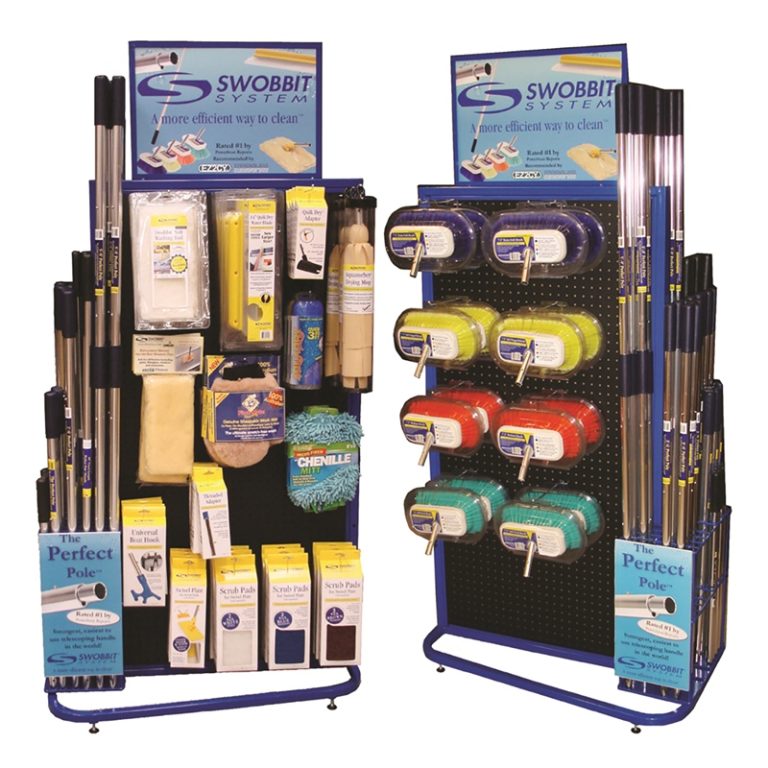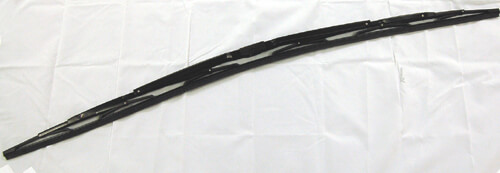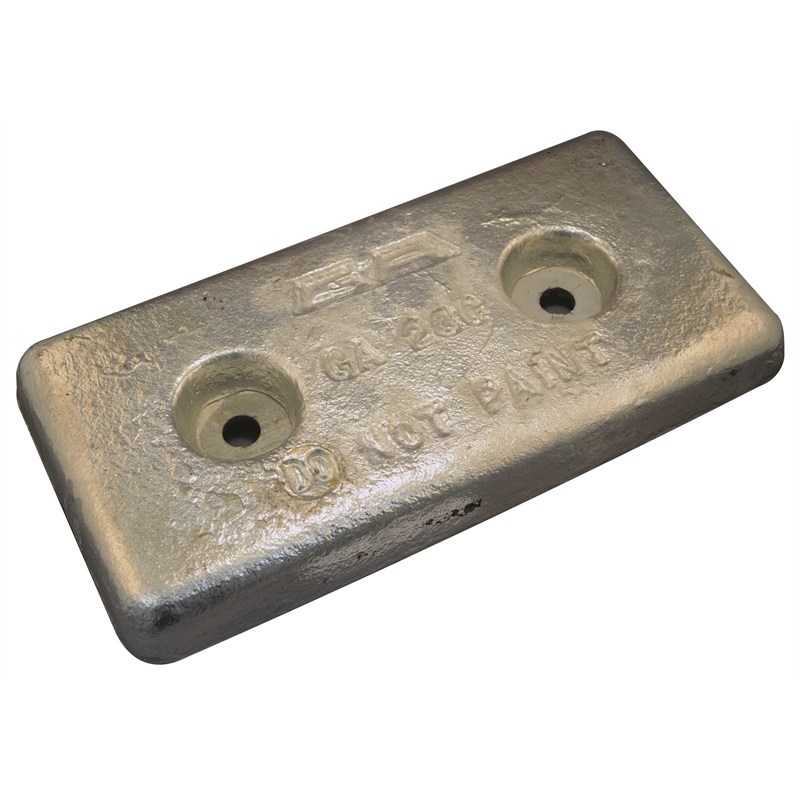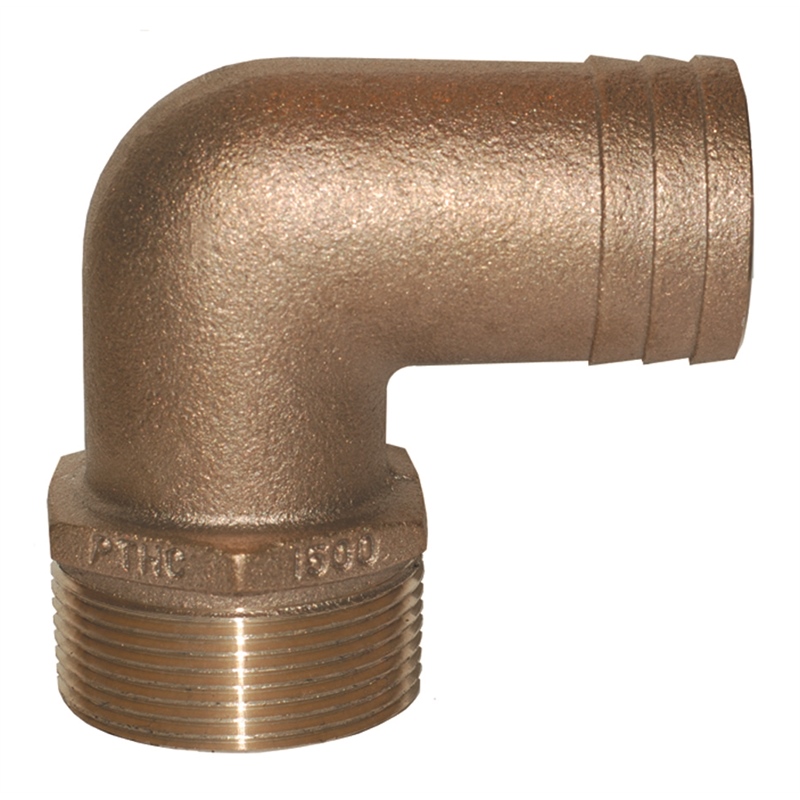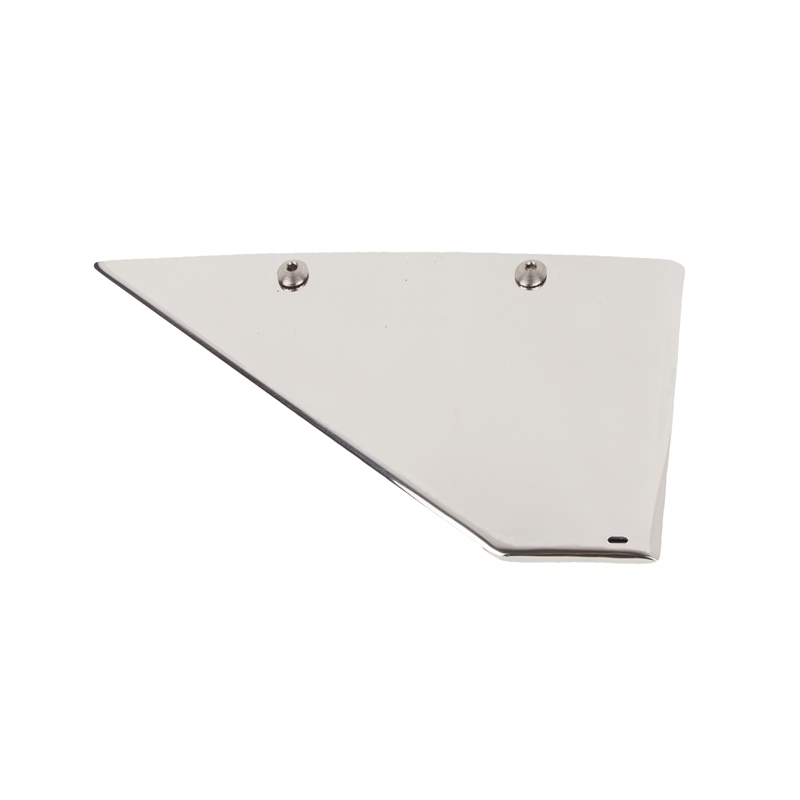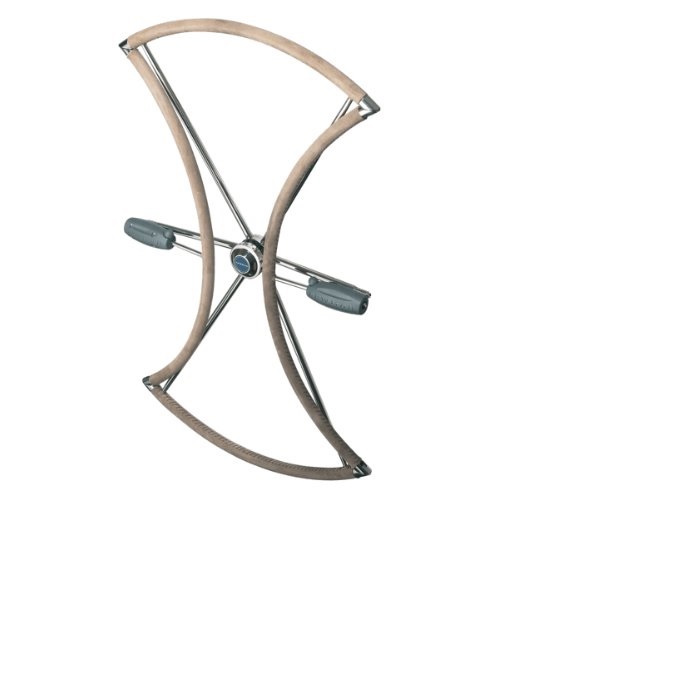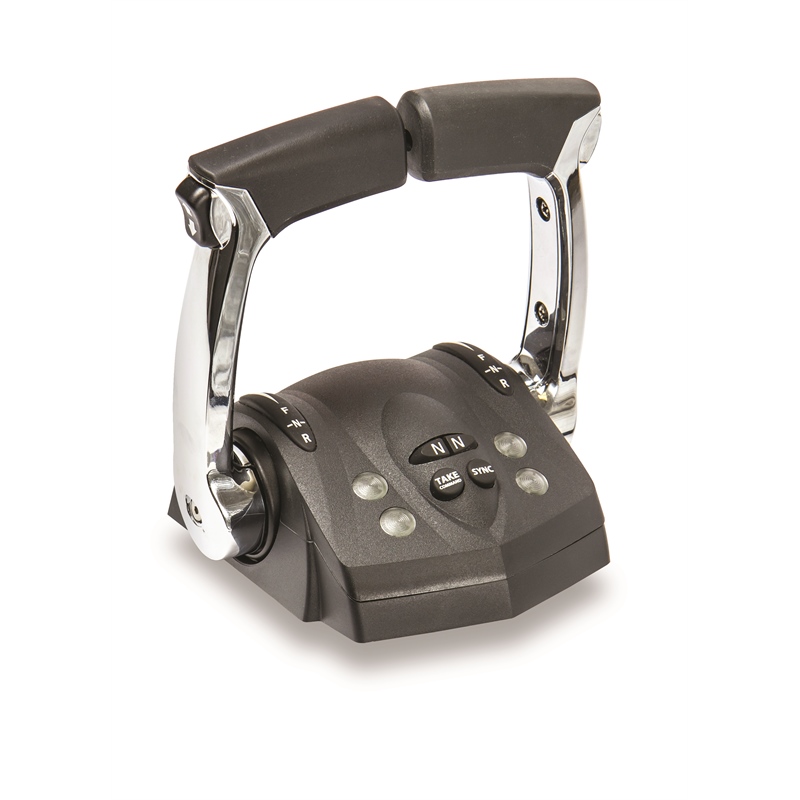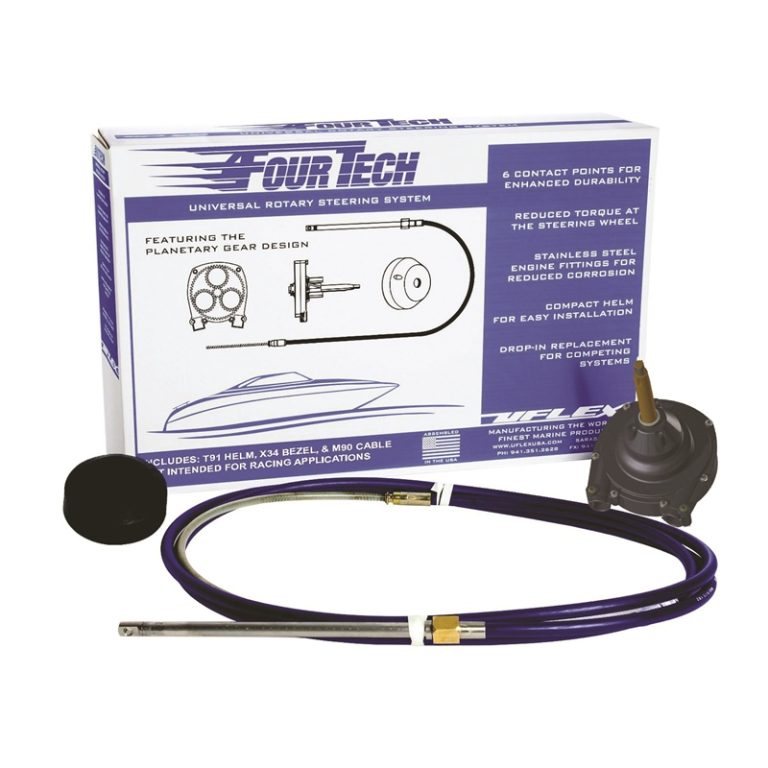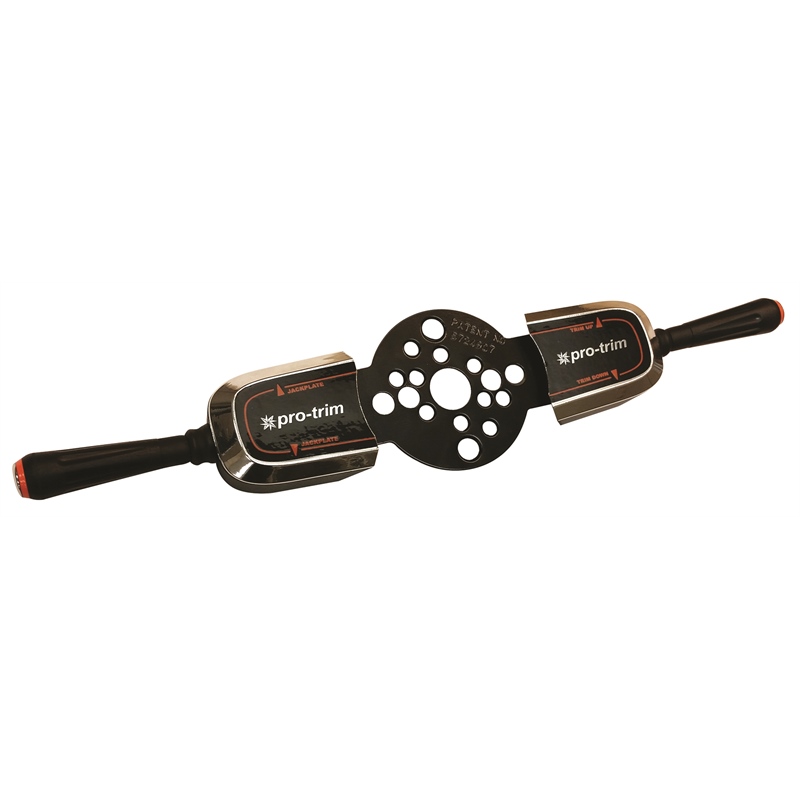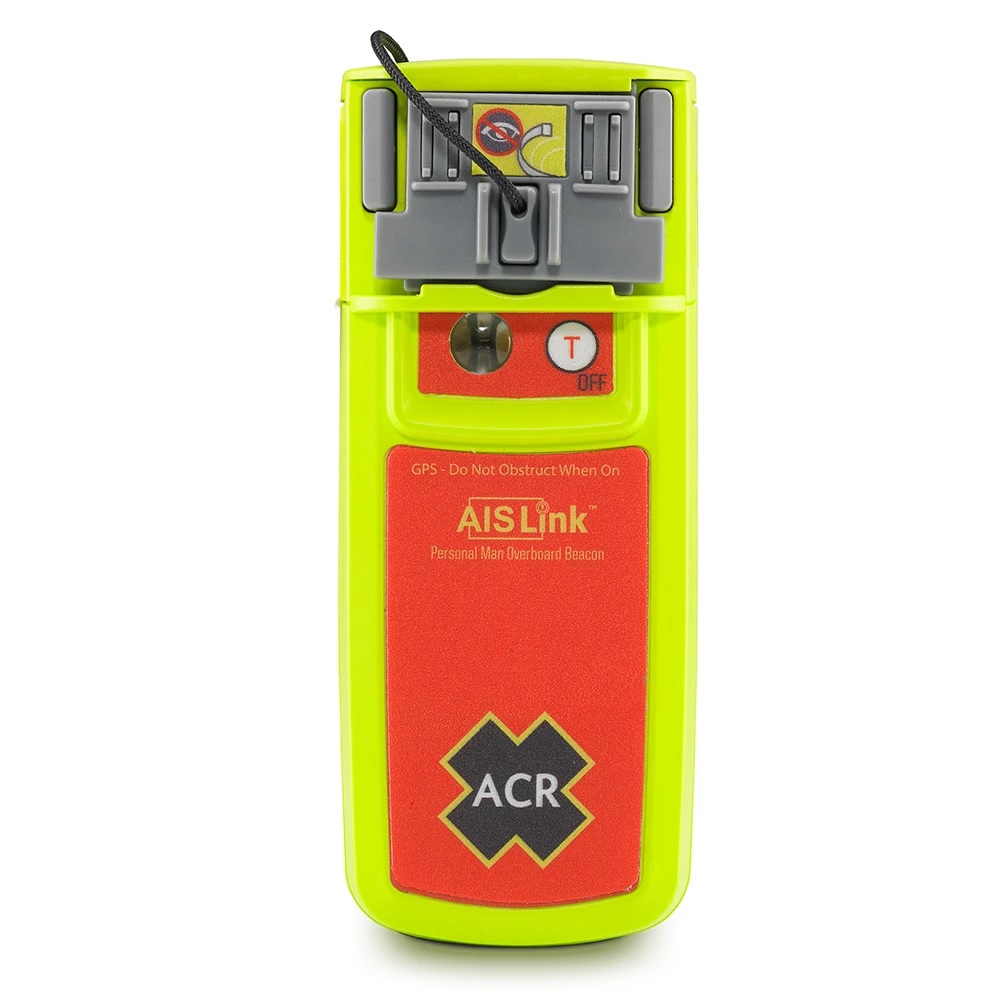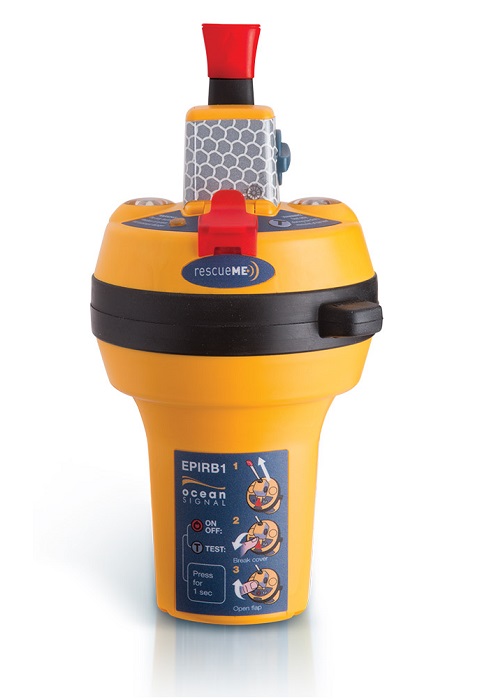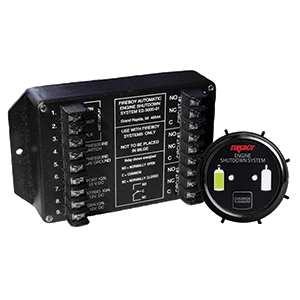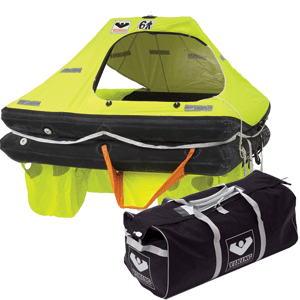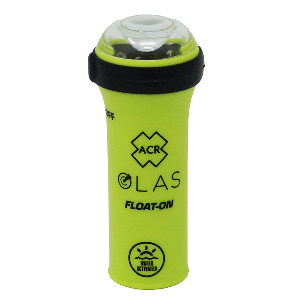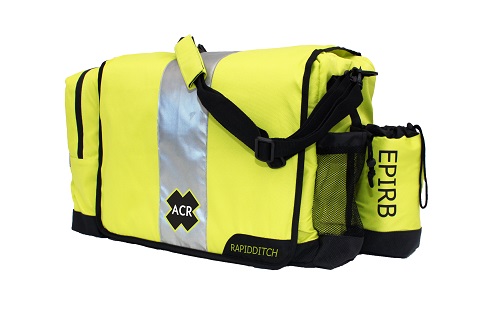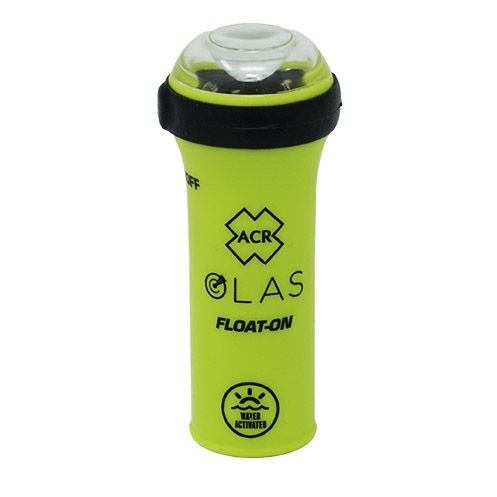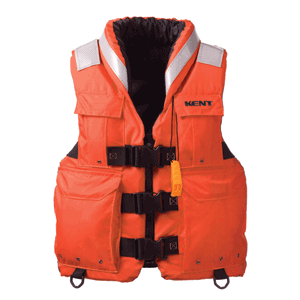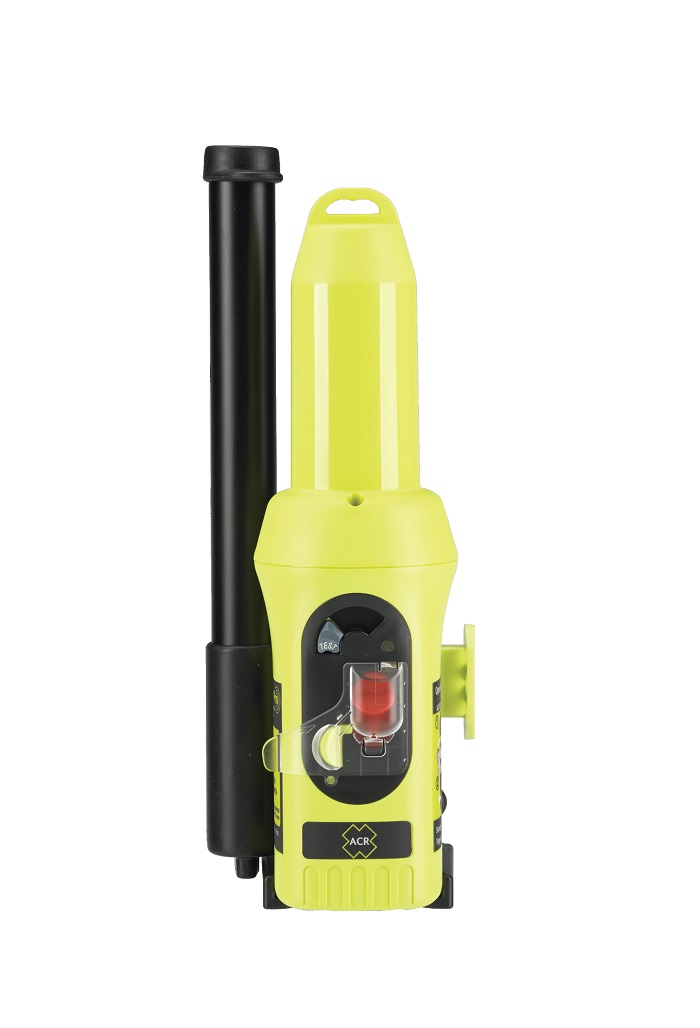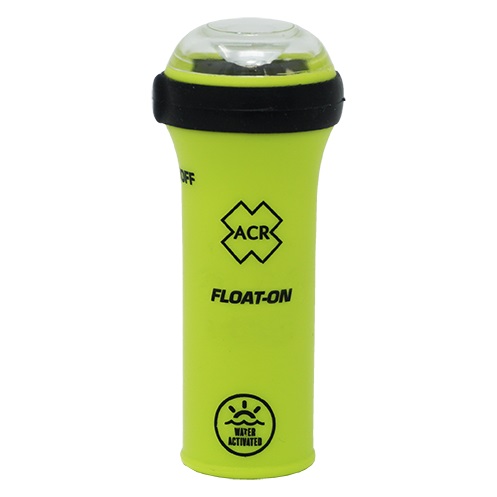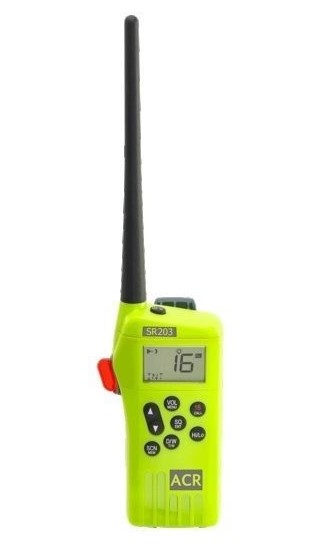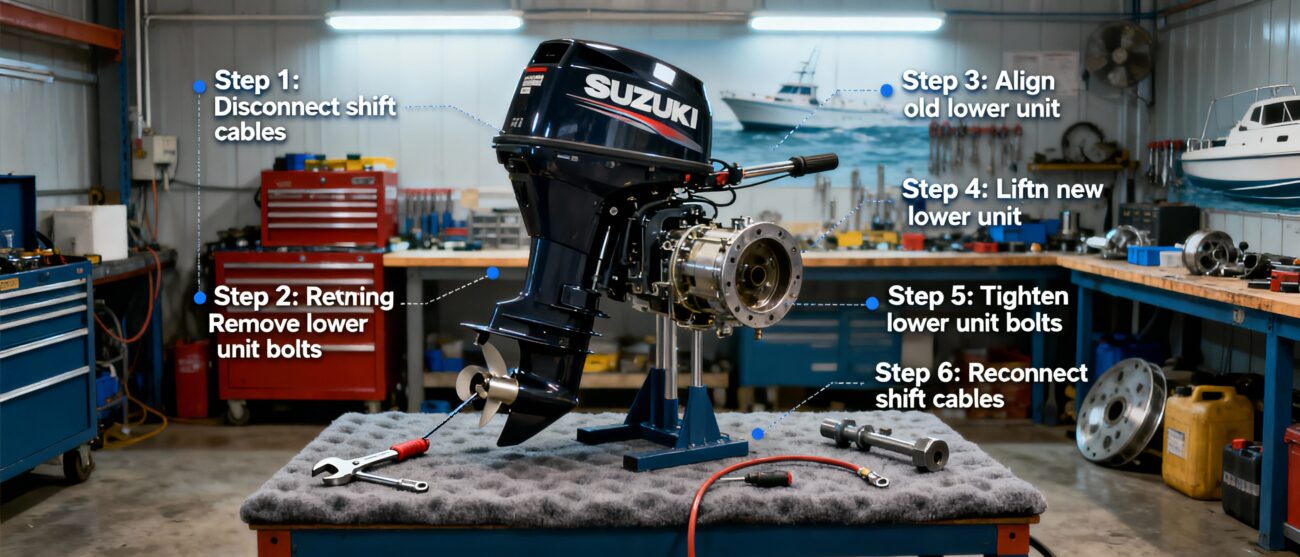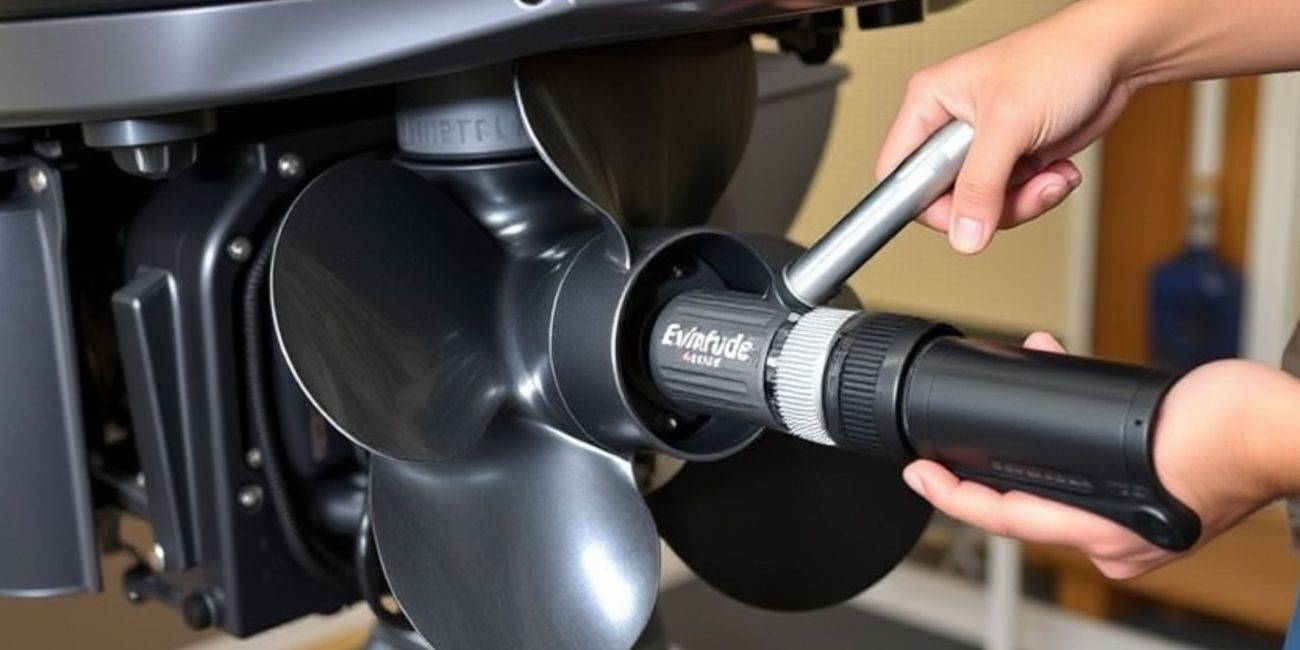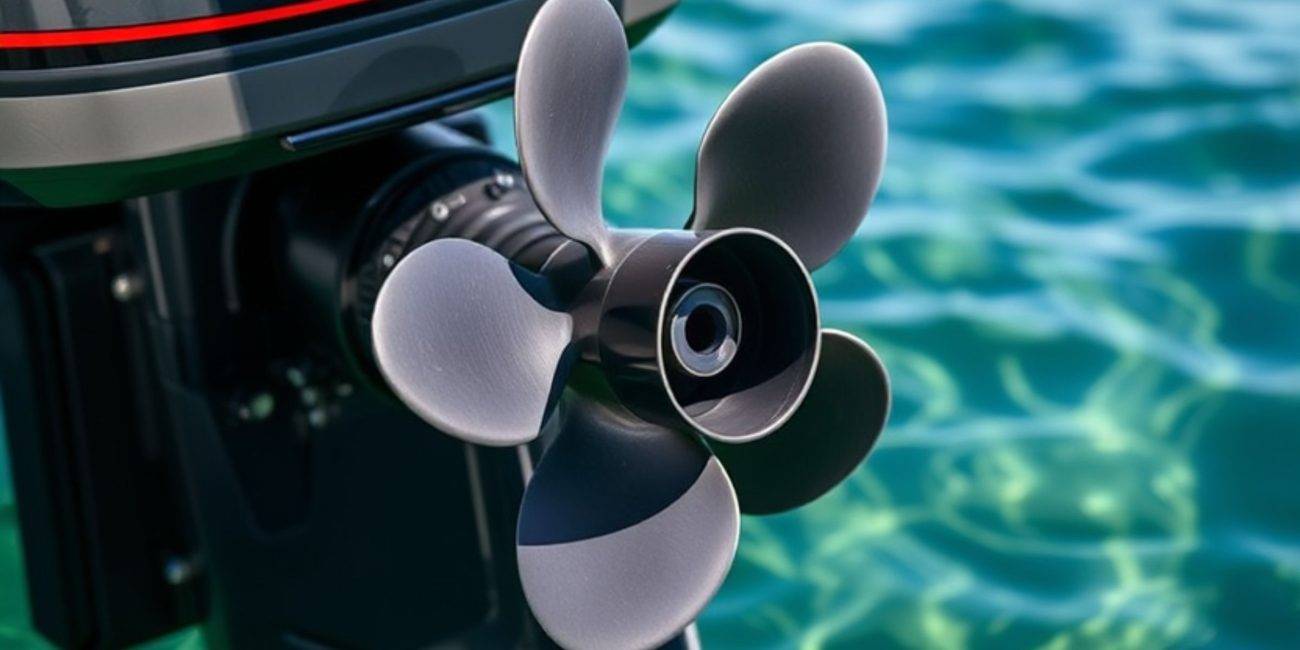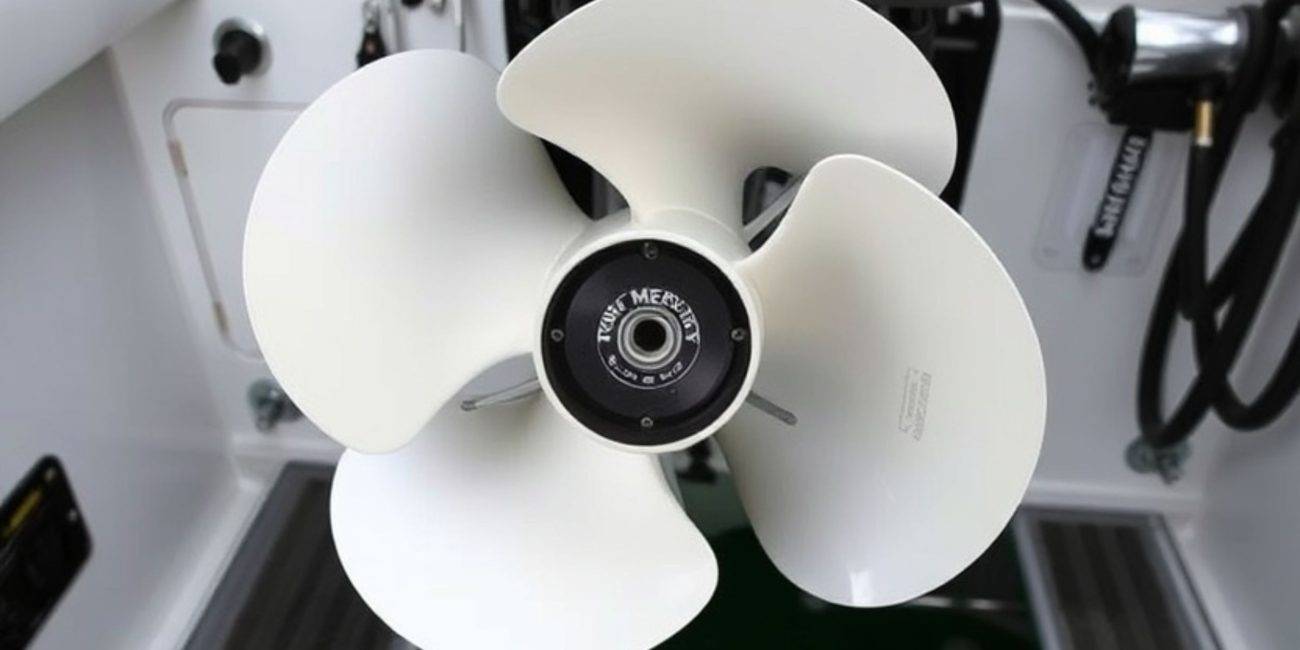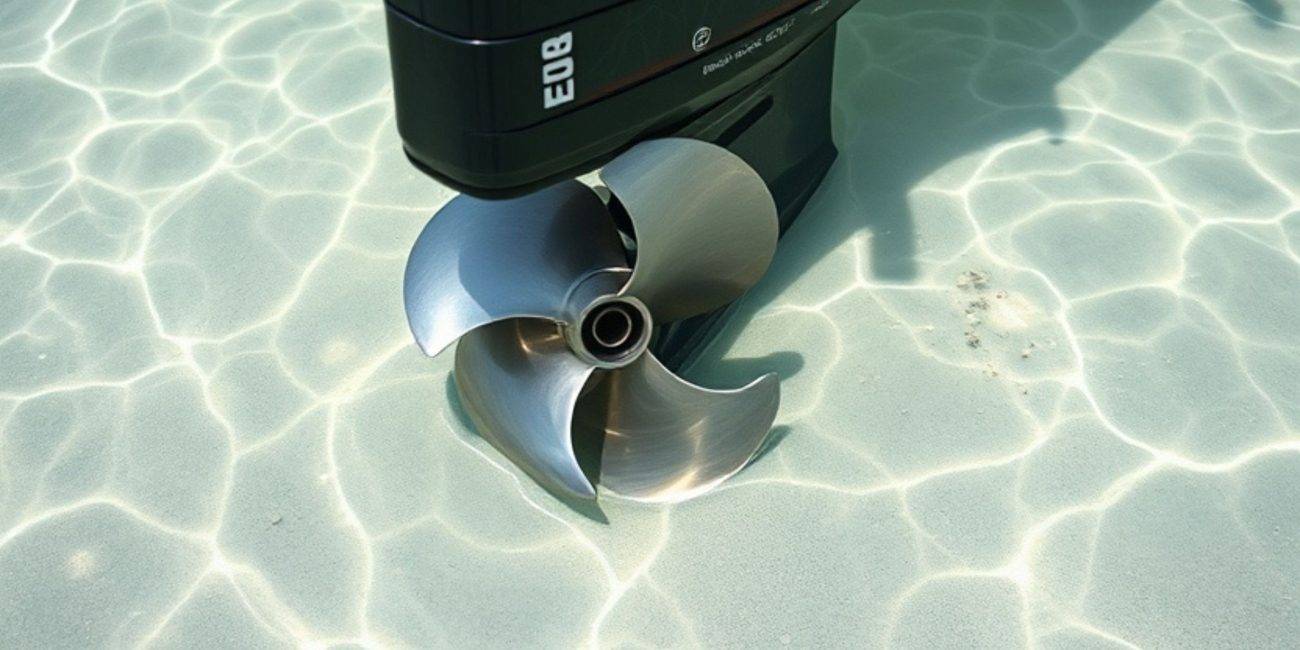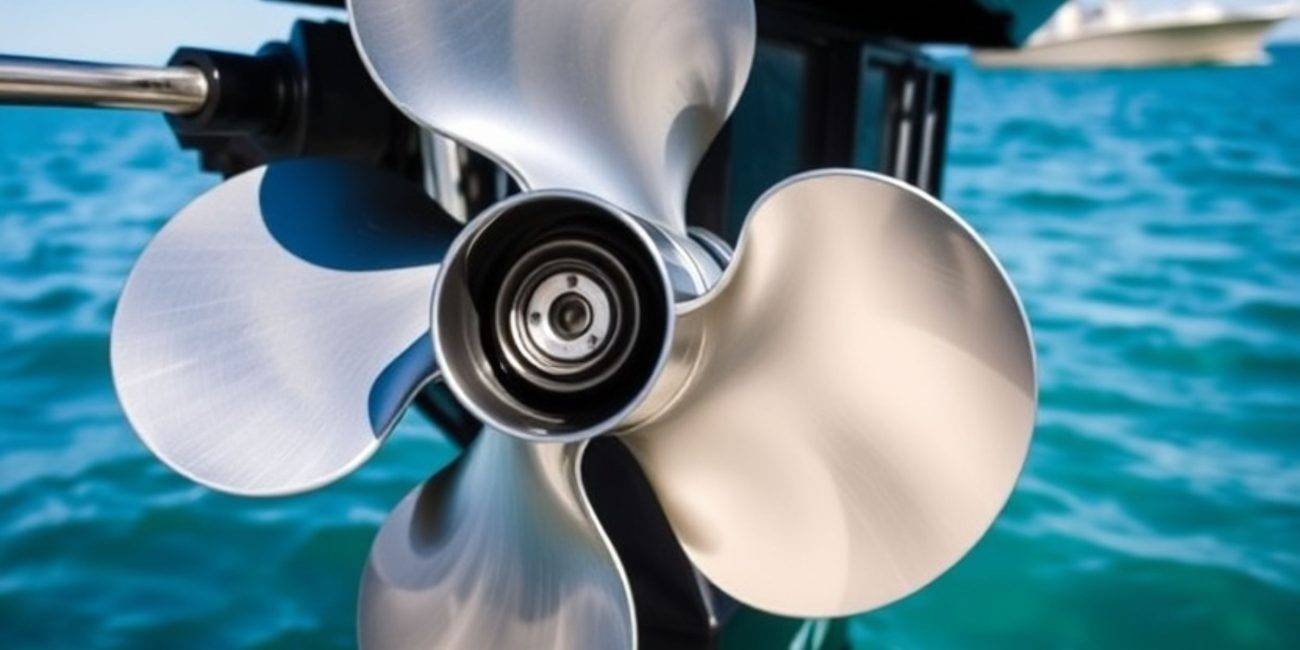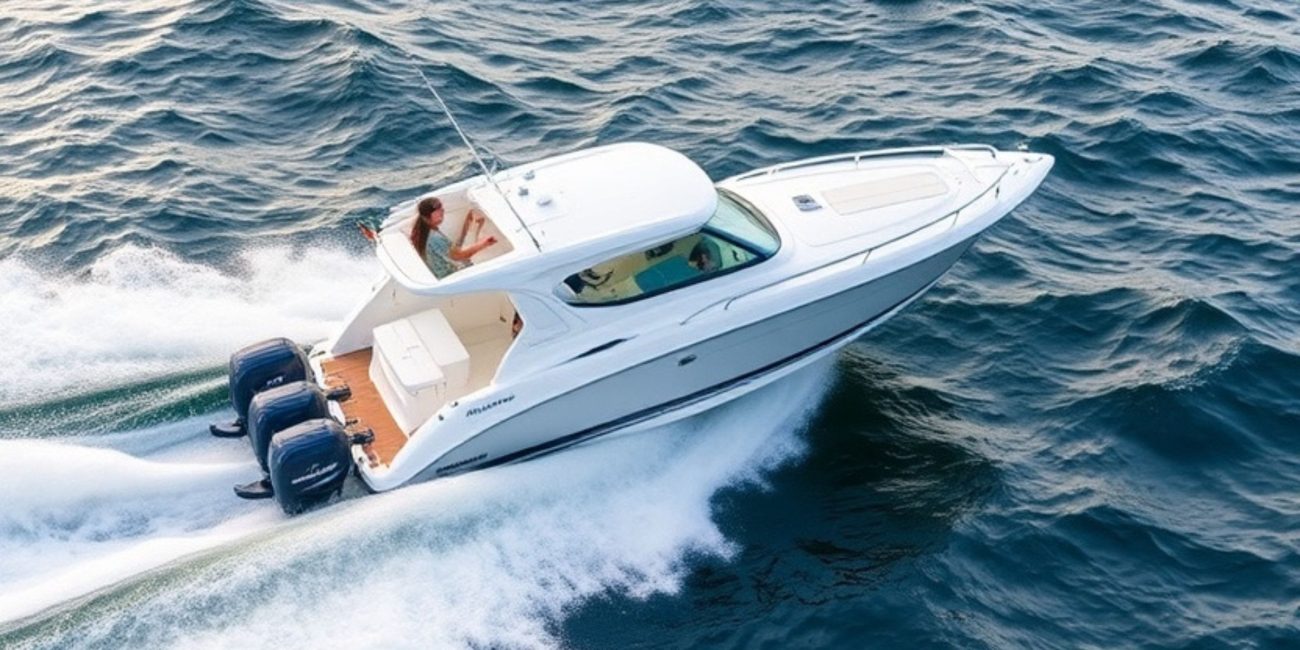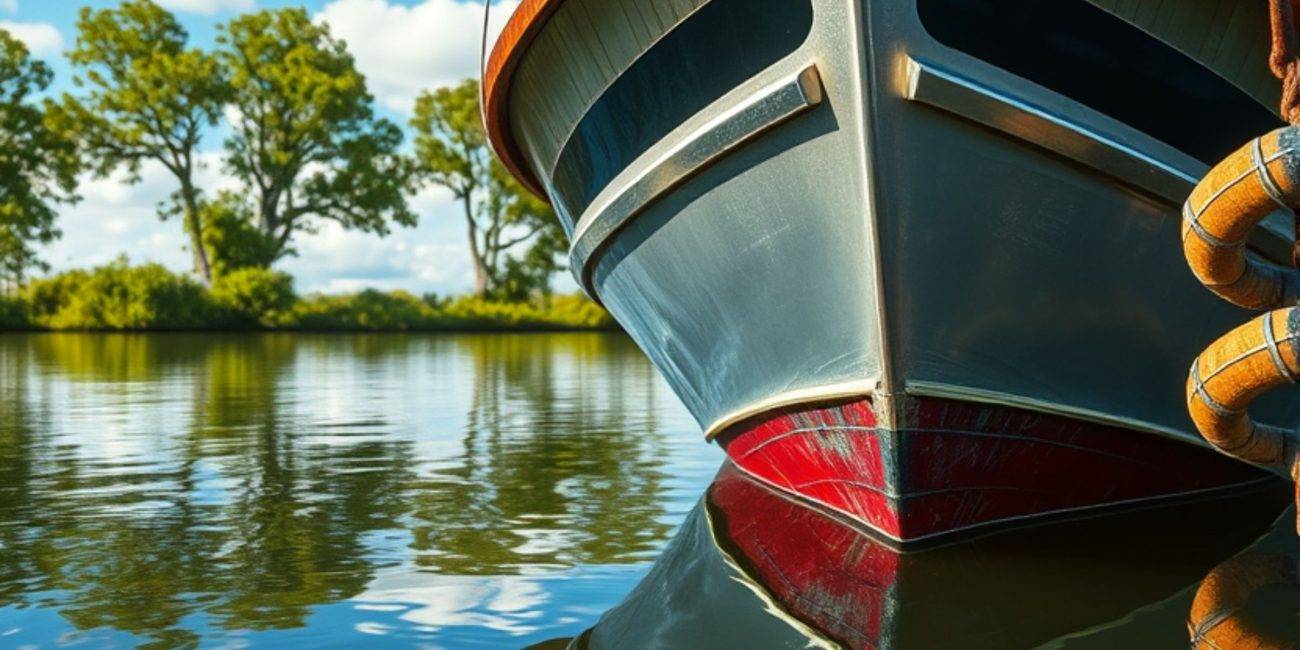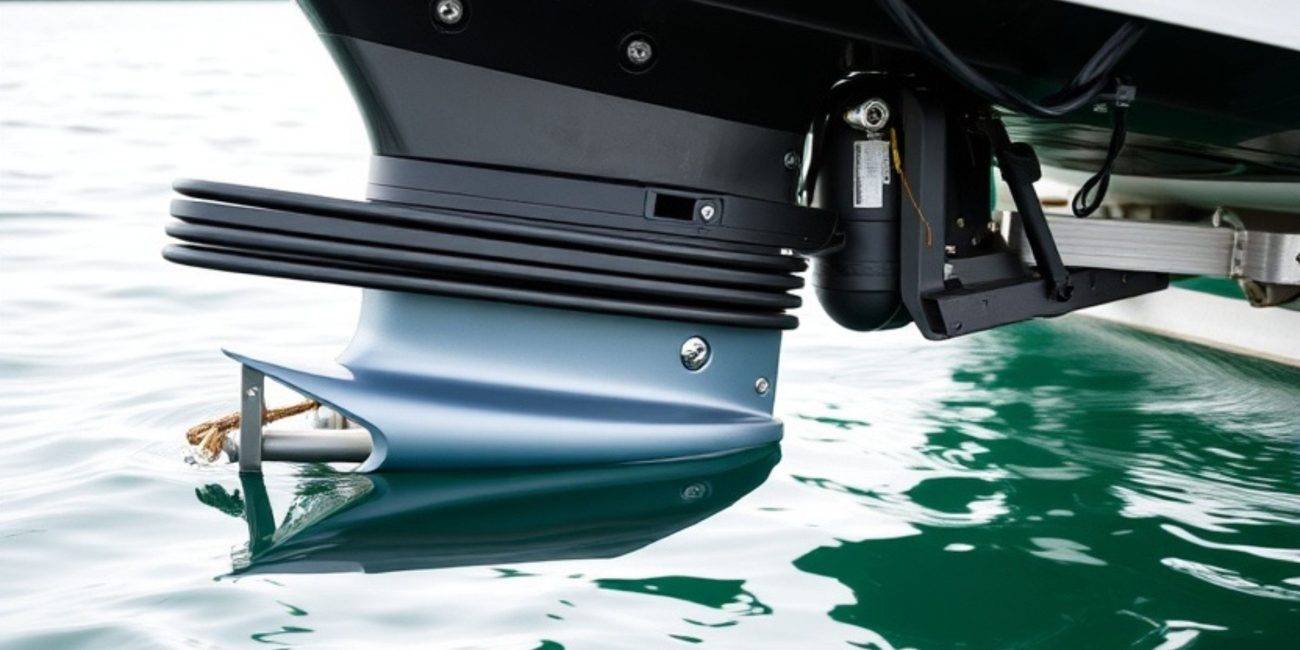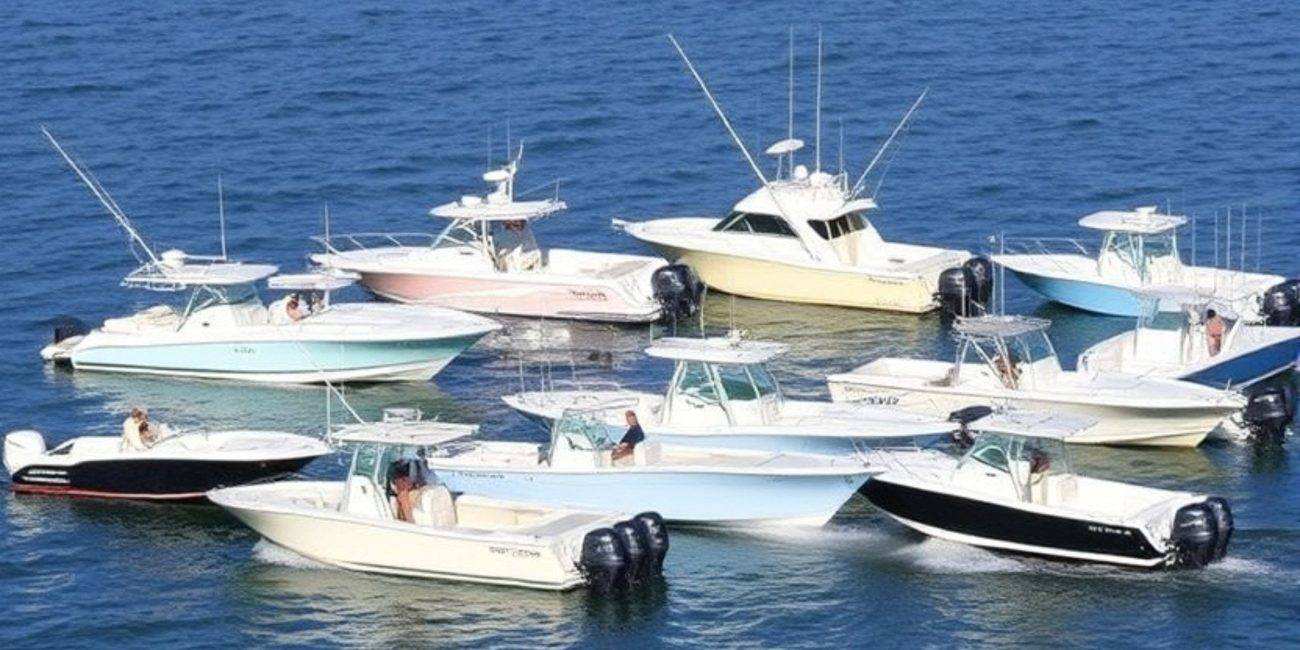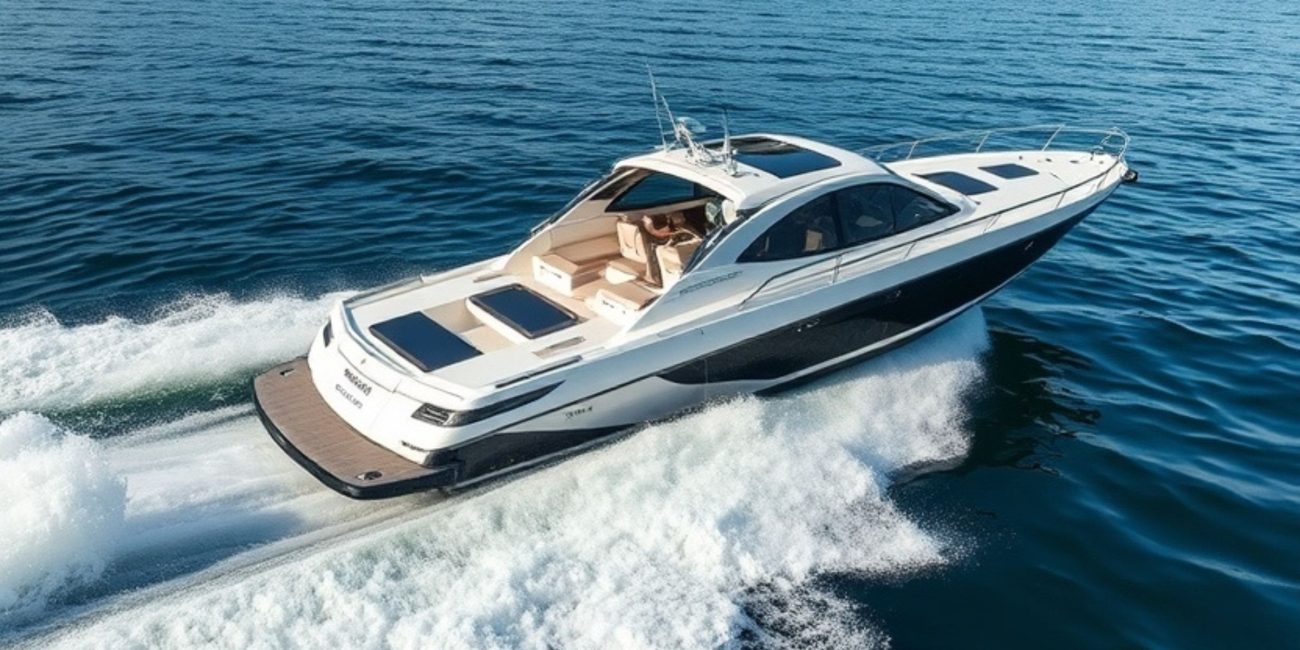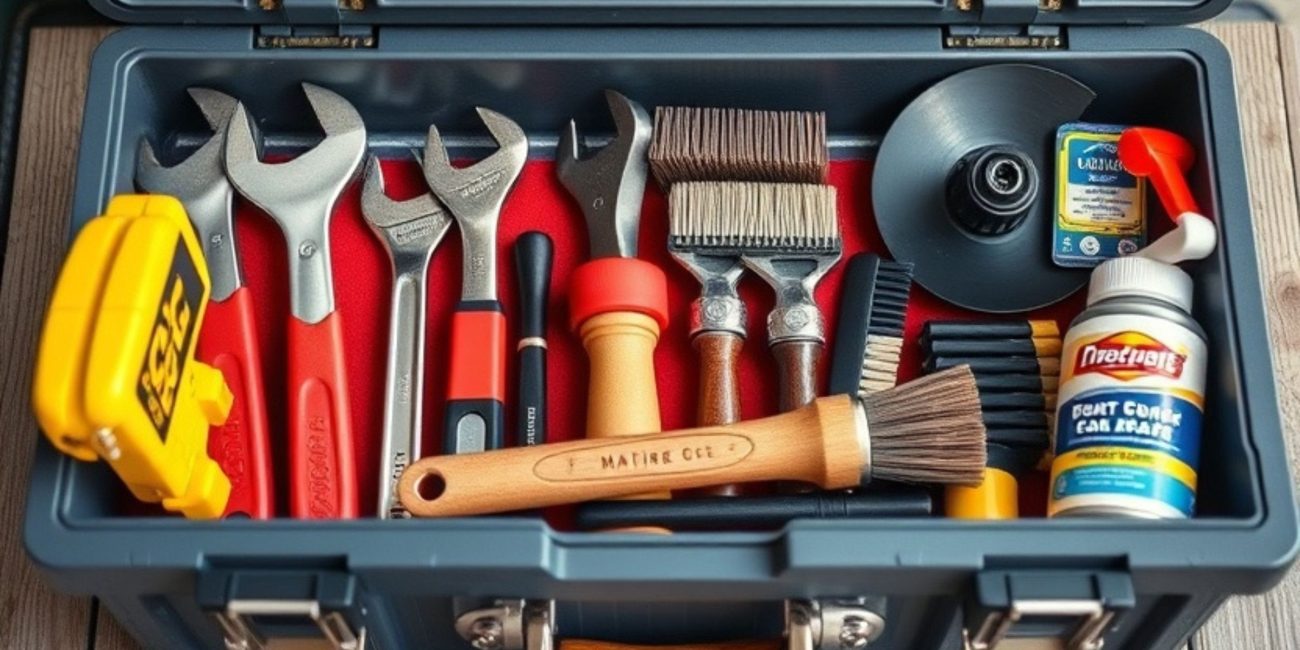Best Boat Cover Materials: How to Protect Your Investment

Best Boat Cover Materials: How to Protect Your Investment
Your boat is a significant investment, and choosing the best boat cover materials ensures its longevity and performance. Whether you’re safeguarding your outboard lower unit, propellers, or hull, the right cover material provides protection from weather, UV rays, and other environmental factors. This guide explores top boat cover materials to help you make an informed choice.
Why Boat Covers Are Essential
A high-quality boat cover protects against:
- UV Damage: Prolonged sun exposure can fade paint and damage the outboard lower unit.
- Moisture and Mold: Waterproof materials prevent water intrusion and mold growth.
- Debris Protection: Keeps dirt, leaves, and bird droppings from damaging the boat’s surface and propellers.
Keywords: boat cover protection, best boat cover materials, outboard lower unit
Top Boat Cover Materials
1. Polyester
Polyester is one of the most popular materials for boat covers due to its durability and water resistance.
Benefits:
- Resistant to UV rays and mildew.
- Lightweight and easy to handle.
- Available in different grades for various budgets.
Best for: All-purpose use, including protecting the outboard lower unit during storage.
Keywords: best boat cover materials, boat cover protection, polyester covers
2. Canvas
Canvas is a traditional choice known for its rugged and natural appeal. It’s breathable, making it an excellent option for areas with fluctuating temperatures.
Benefits:
- Durable and long-lasting.
- Excellent for custom-fit covers.
- Can be treated for waterproofing.
Best for: Trailers or storage in mild climates where ventilation is critical.
Keywords: canvas boat covers, custom-fit boat covers, boat cover protection
3. Marine-Grade Vinyl
Vinyl boat covers are heavy-duty and offer superior water and UV resistance.
Benefits:
- Completely waterproof.
- Easy to clean and maintain.
- Ideal for protecting propellers and sensitive components.
Best for: Boats stored in rainy or harsh environments.
Keywords: marine-grade vinyl, propeller safety, boat cover materials
4. Solution-Dyed Acrylic
This premium material offers excellent protection and aesthetics.
Benefits:
- Fade-resistant due to solution-dyeing process.
- Highly breathable and water-repellent.
- Provides superior UV protection.
Best for: High-end boats stored outdoors.
Keywords: acrylic boat covers, best boat cover materials, UV protection
Key Features to Look for in a Boat Cover
1. Waterproofing
Ensure the cover material is fully waterproof to protect components like the outboard lower unit and propellers from water damage.
Tips:
- Look for materials with a water-resistant coating.
- Avoid materials that absorb water.
Keywords: waterproof boat covers, outboard lower unit, propeller safety
2. UV Resistance
UV-resistant materials prevent fading and structural damage caused by the sun.
- Polyester and acrylic are excellent choices.
- Use UV-protectant sprays for added defense.
Keywords: UV protection, boat cover protection, best boat cover materials
3. Custom Fit
Custom-fit covers provide the best protection by contouring perfectly to your boat’s shape.
- Prevents wind from getting underneath.
- Secures sensitive areas like the outboard lower unit.
Keywords: custom-fit boat covers, canvas covers, outboard lower unit care
How to Maintain Your Boat Cover
1. Regular Cleaning
Keep your cover clean to prolong its life and effectiveness.
- Use mild soap and water for cleaning.
- Avoid harsh chemicals that degrade the material.
Keywords: boat cover maintenance, cleaning boat covers, best boat cover materials
2. Proper Storage
When not in use, store your cover in a dry, cool place.
- Roll the cover to prevent creases.
- Inspect for tears and repair immediately.
Keywords: storing boat covers, boat cover protection, custom-fit boat covers
Real-World Examples
- Polyester Cover Success: A boater in Florida used a polyester cover to protect their outboard lower unit from saltwater corrosion.
- Canvas Cover Durability: A lake boater opted for a canvas cover, appreciating its breathability during fluctuating temperatures.
- Vinyl Cover in Harsh Weather: A marina owner chose vinyl to keep their boat safe during rainy winters.
Keywords: real-world boat cover examples, best boat cover materials, propeller safety
Conclusion
Investing in the best boat cover materials ensures your vessel stays protected from environmental damage, preserving its performance and value. Whether you choose polyester, canvas, vinyl, or acrylic, the right cover will safeguard essential components like the outboard lower unit and propellers. Take the time to select a material that matches your climate and storage needs for the best results.
Read Next: Check out our Mastering Boat Docking Techniques Like a Pro for more boating tips.


